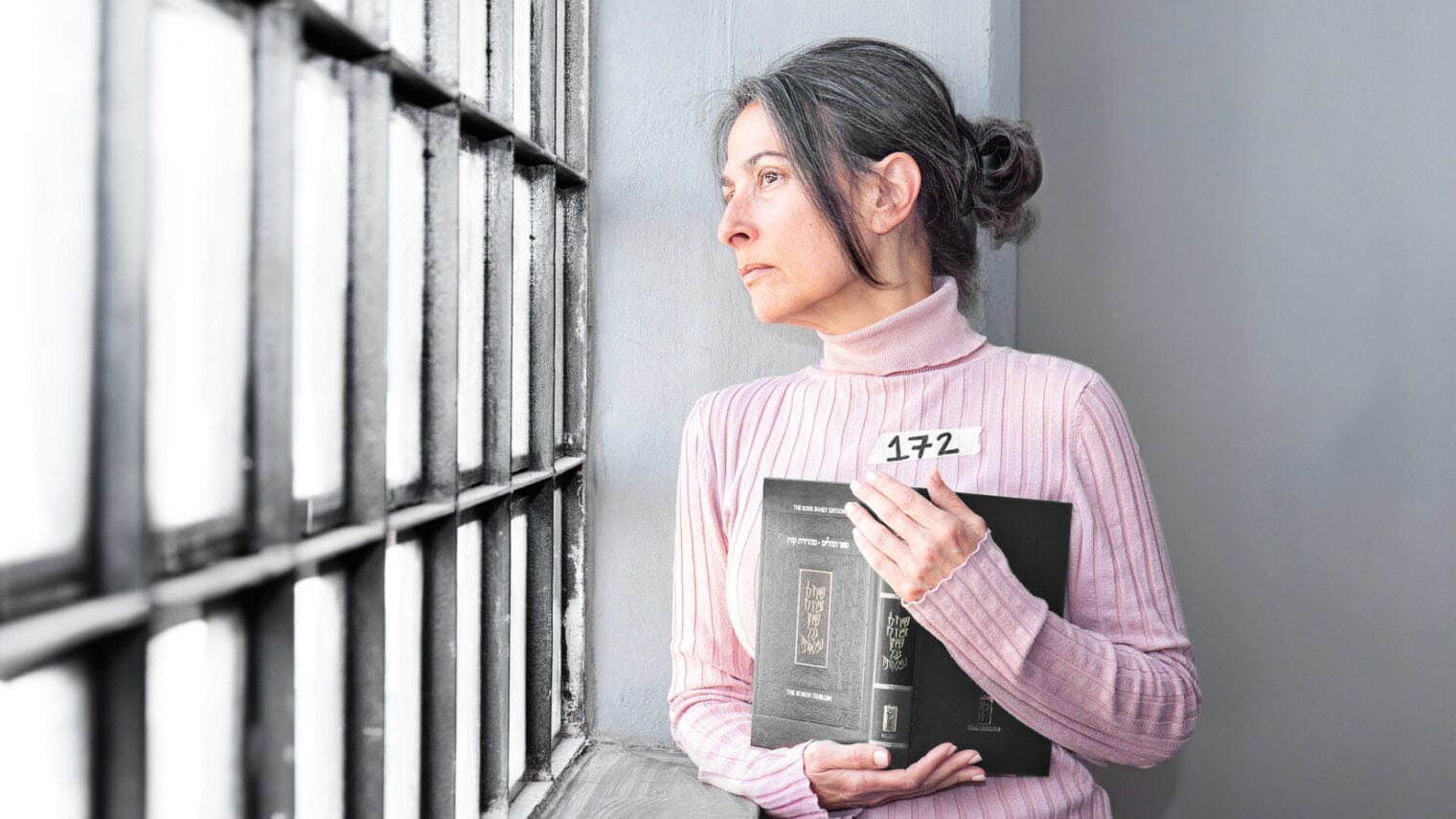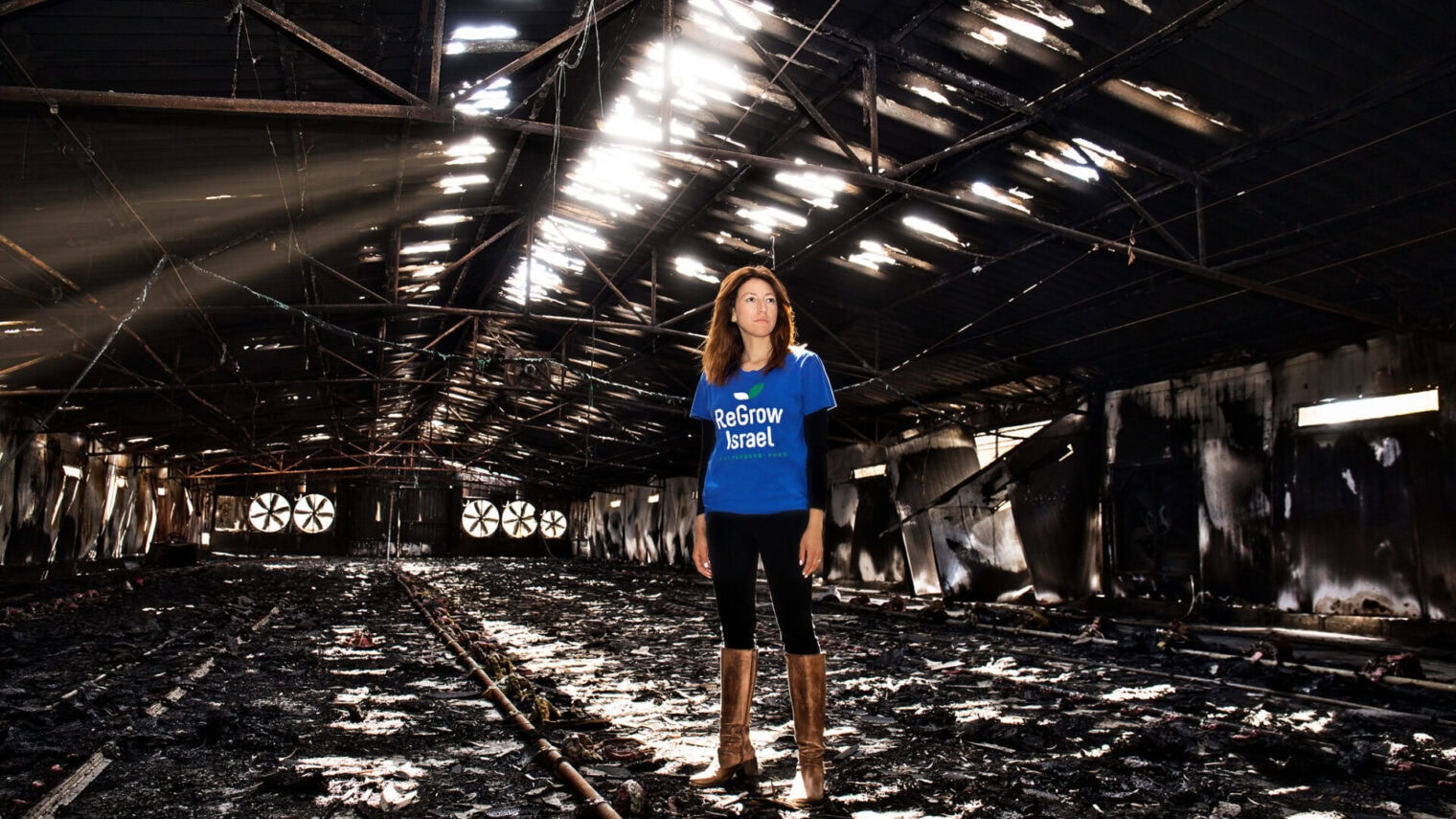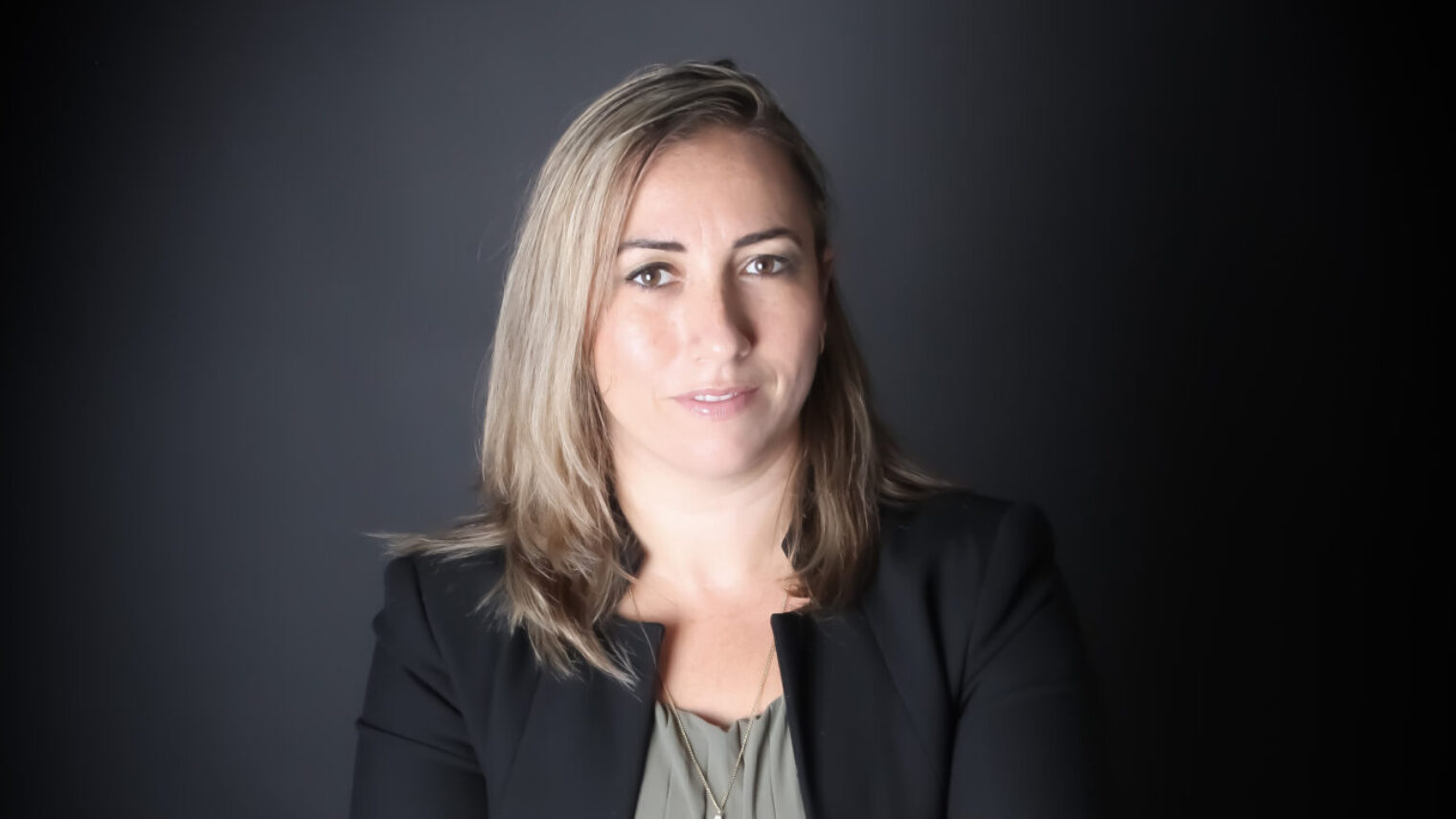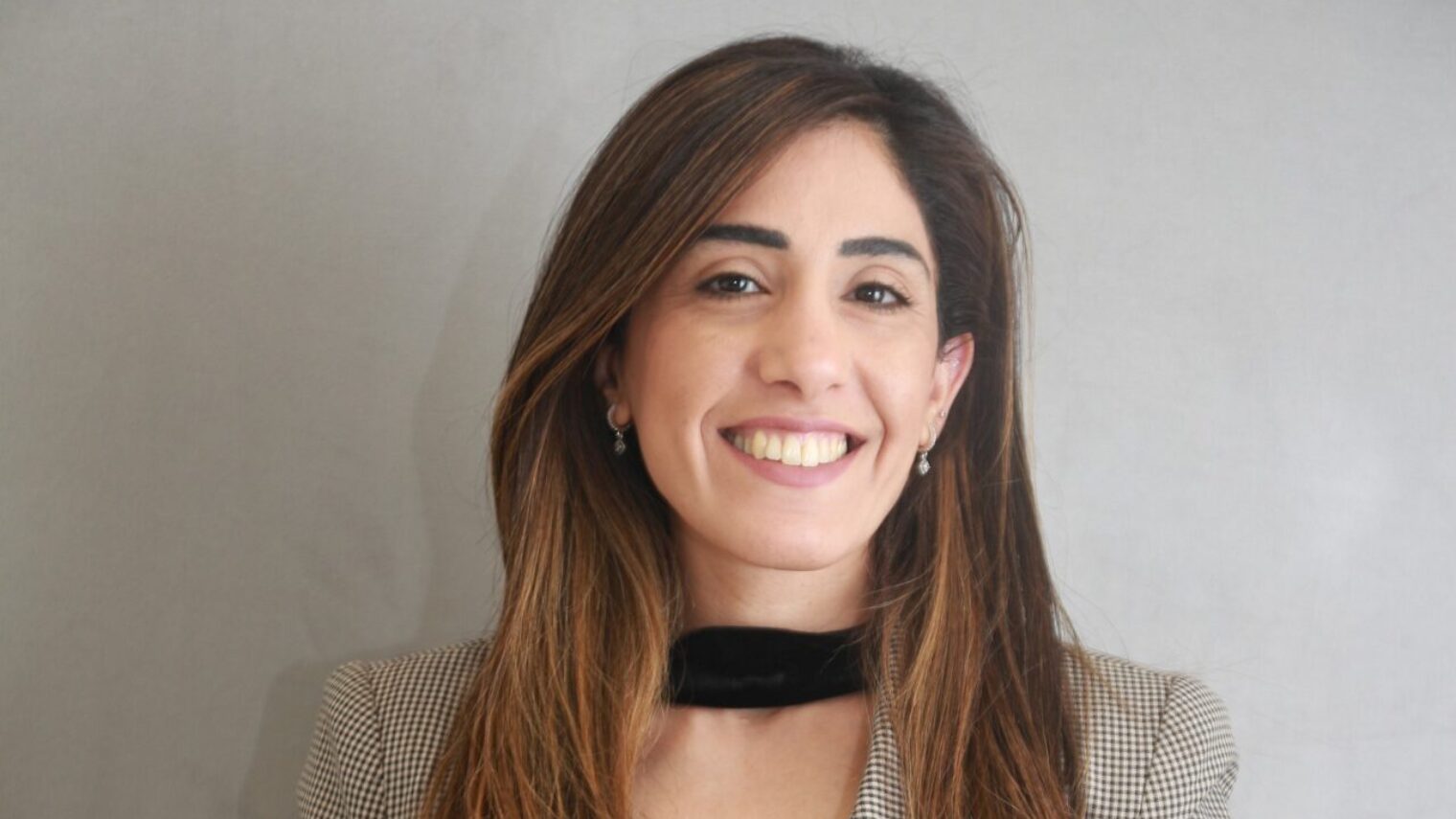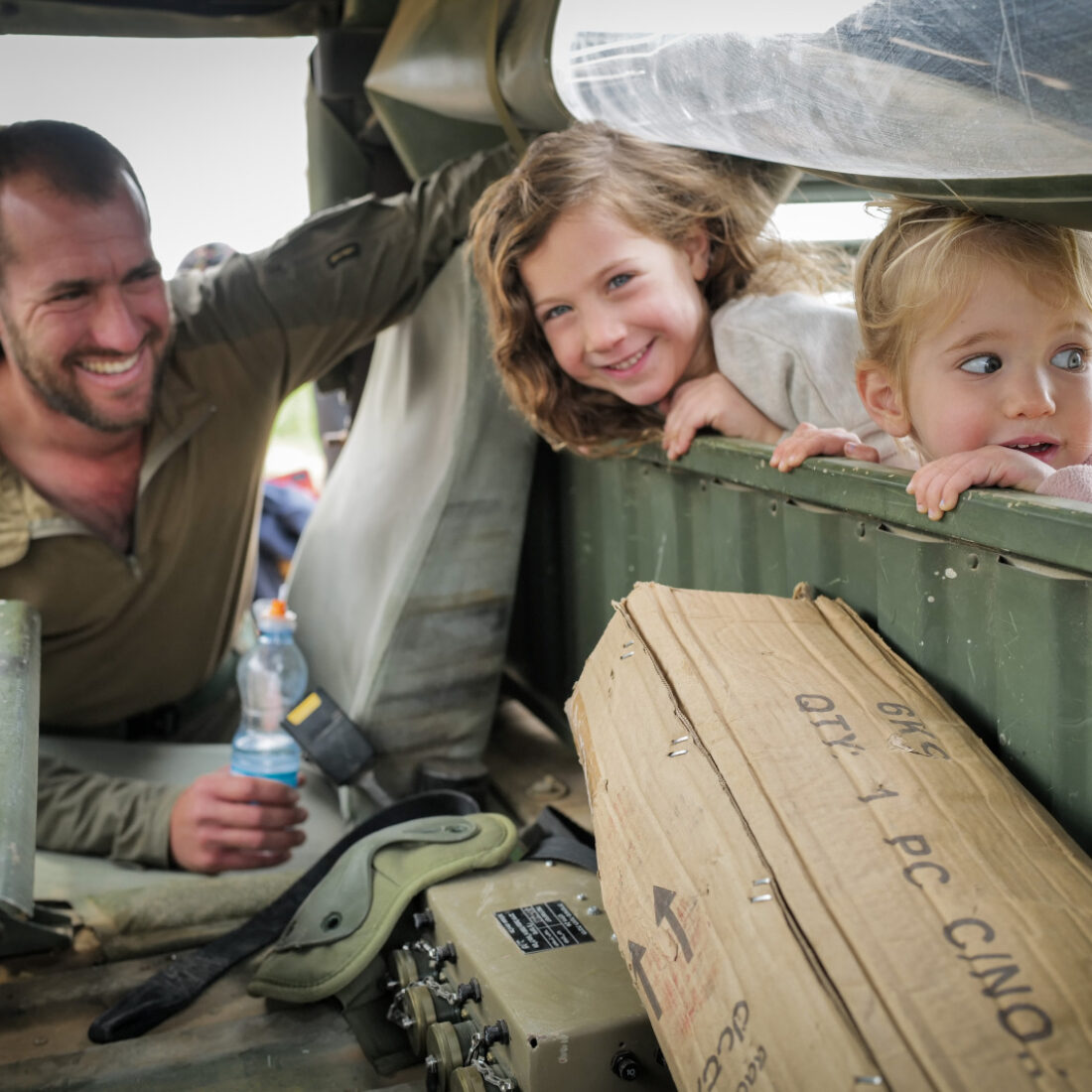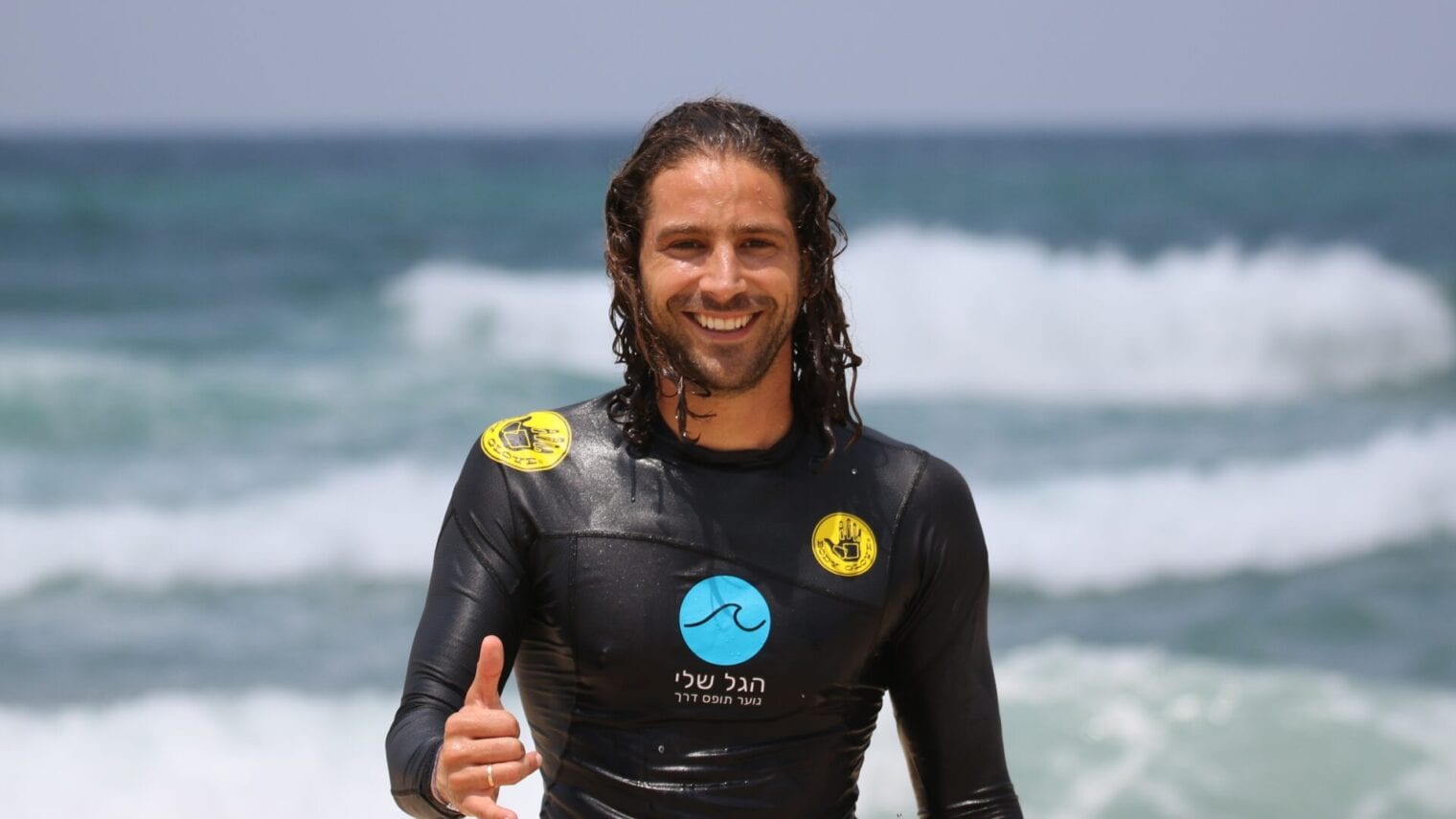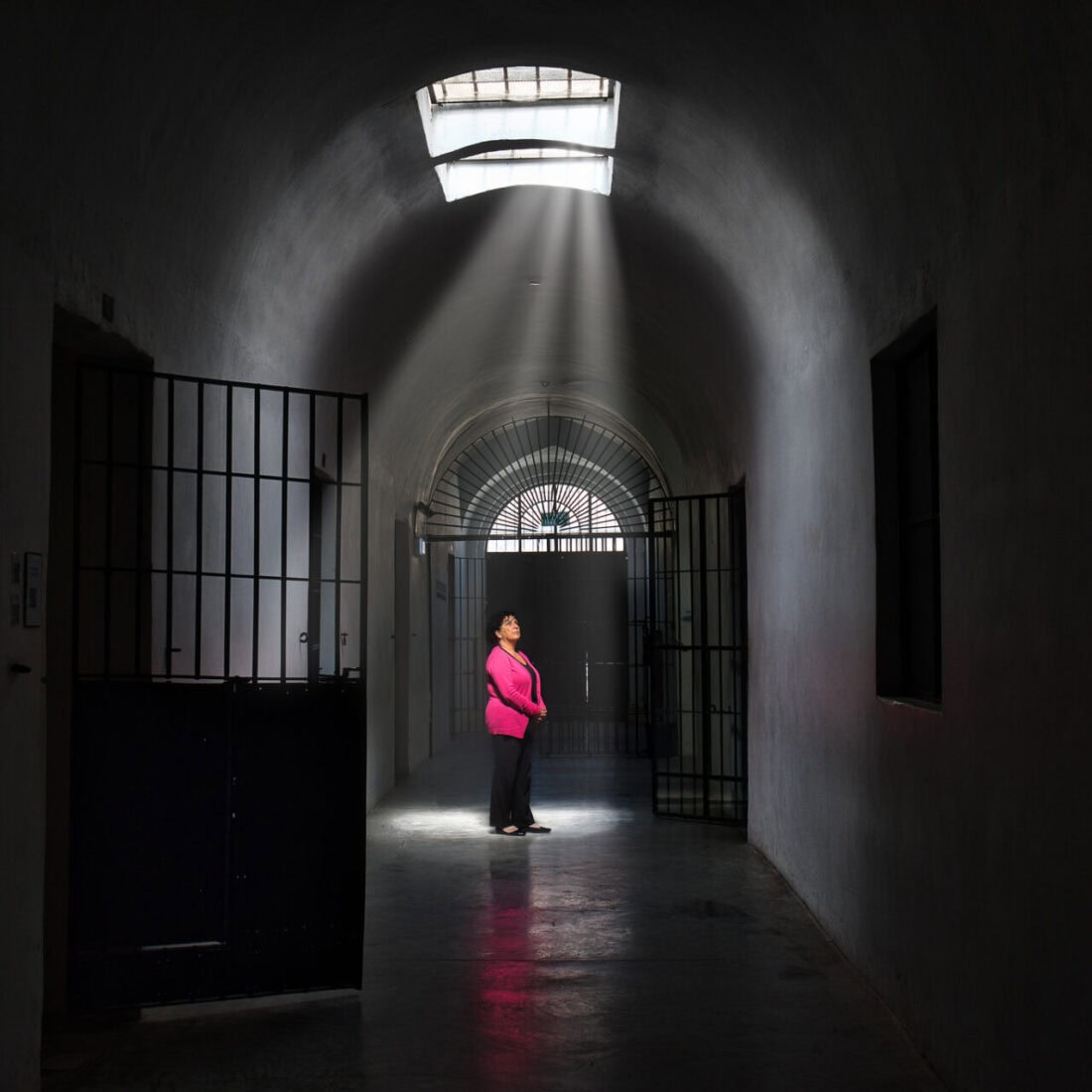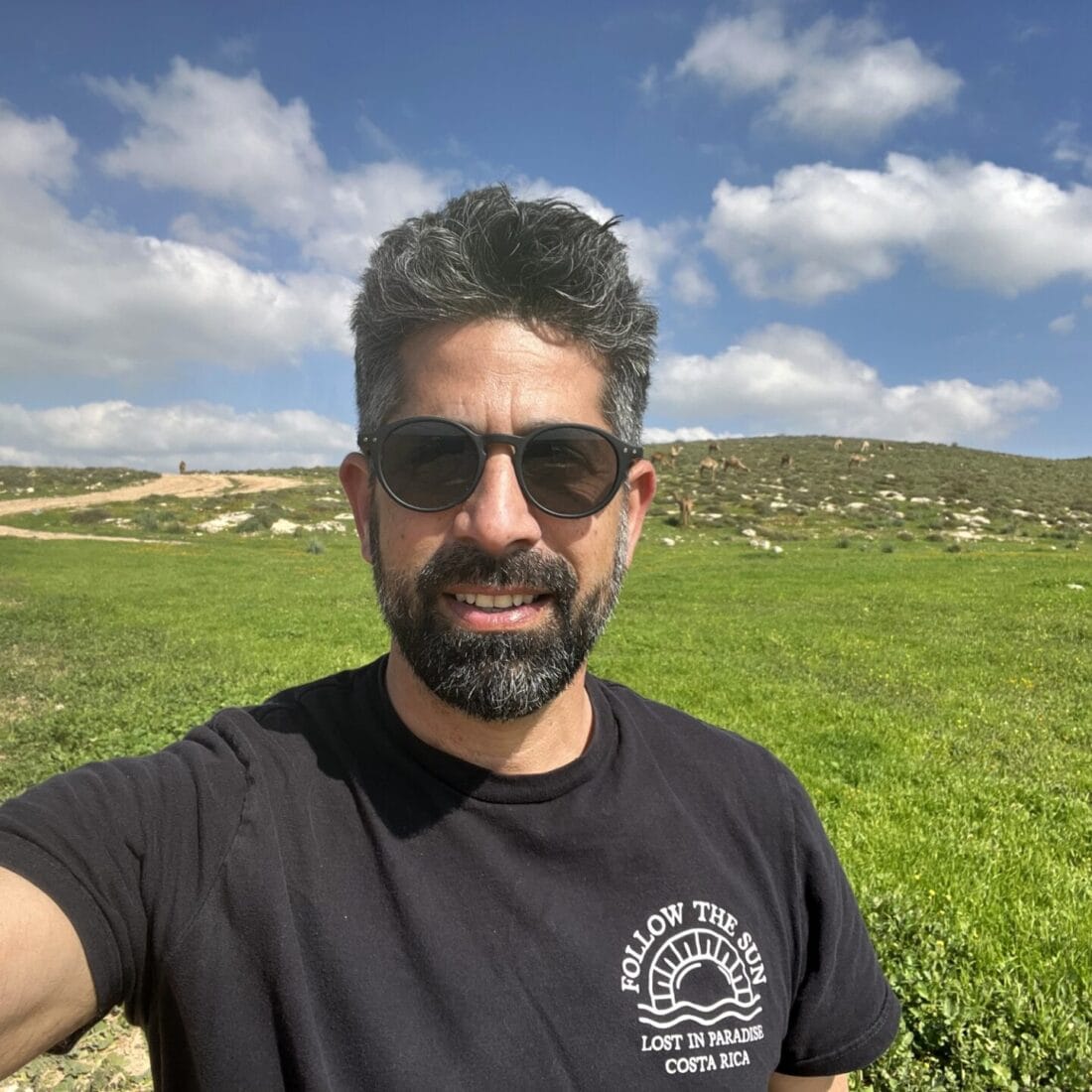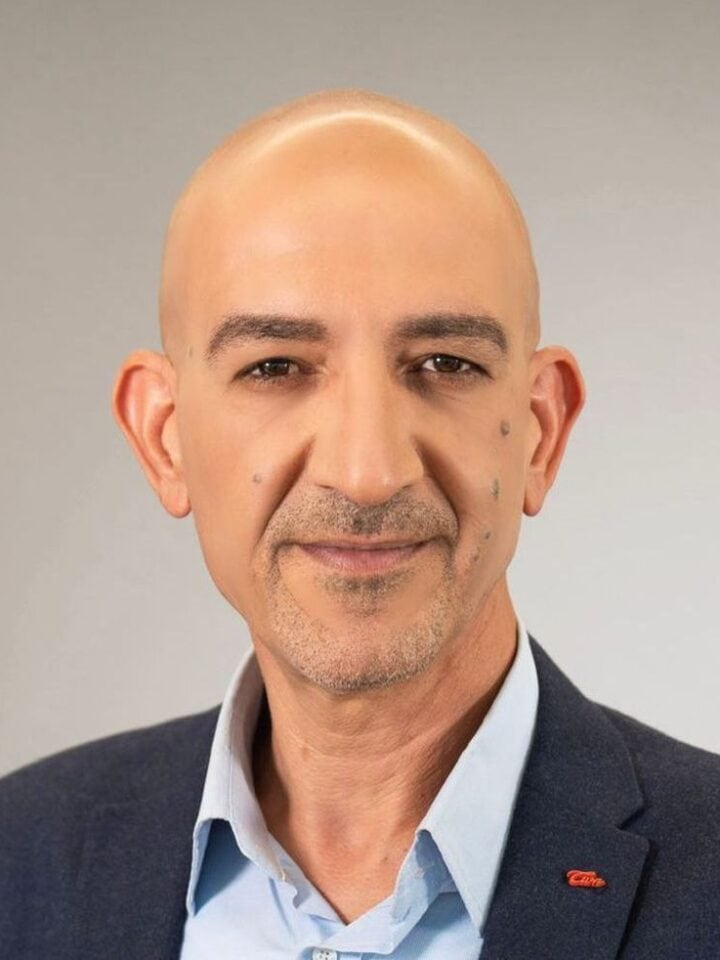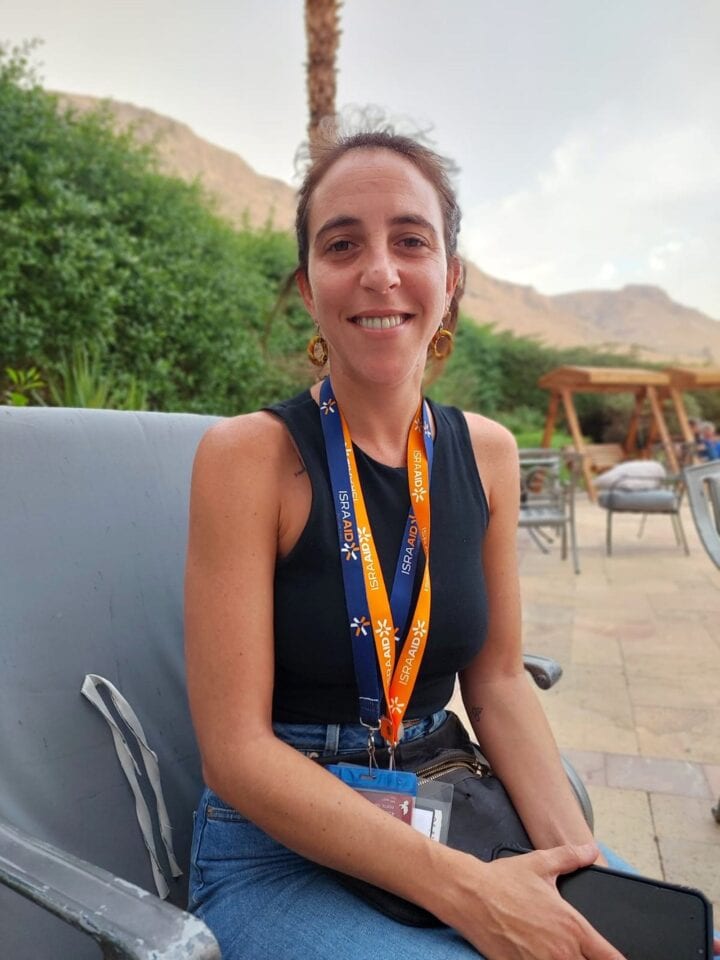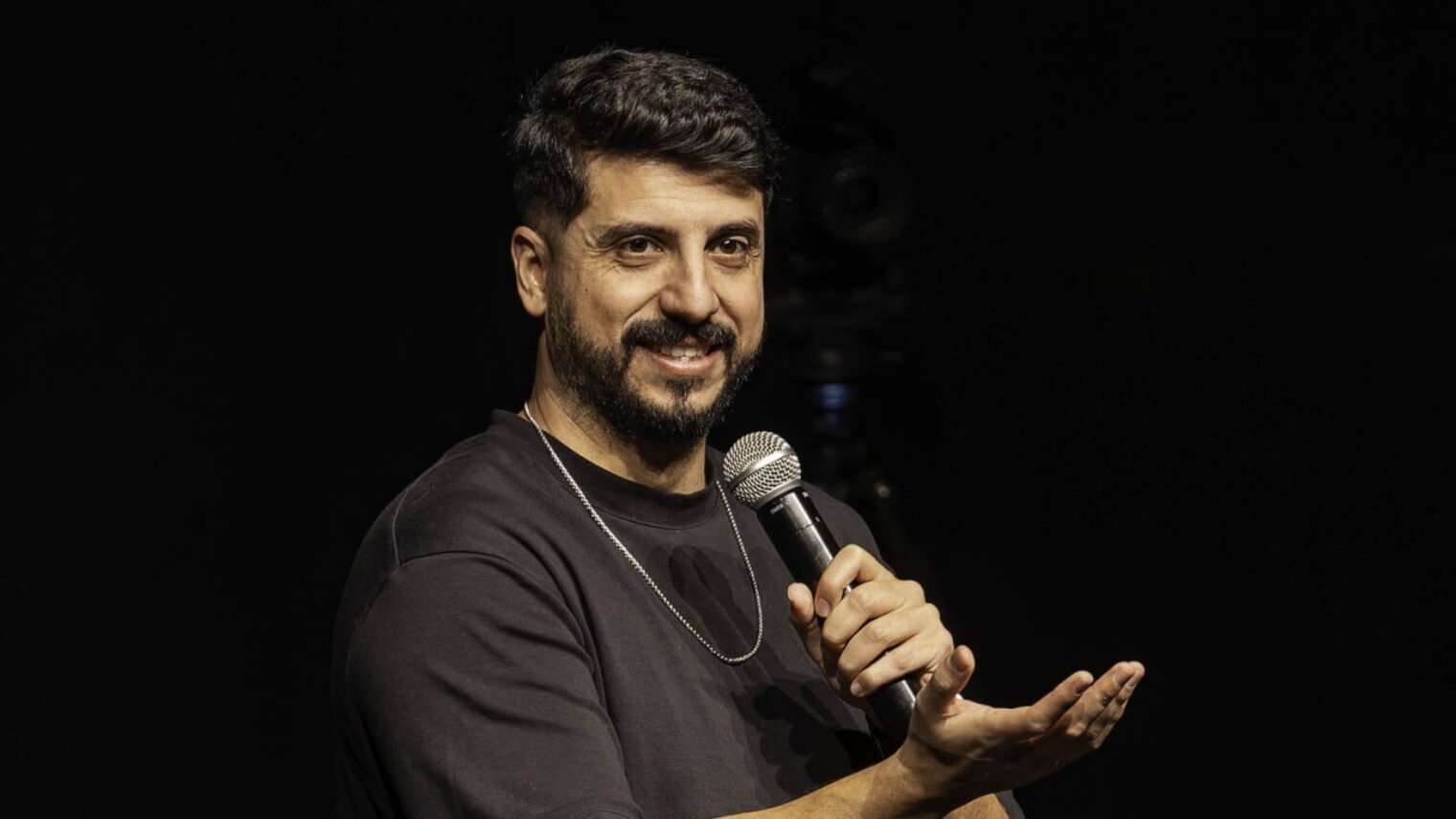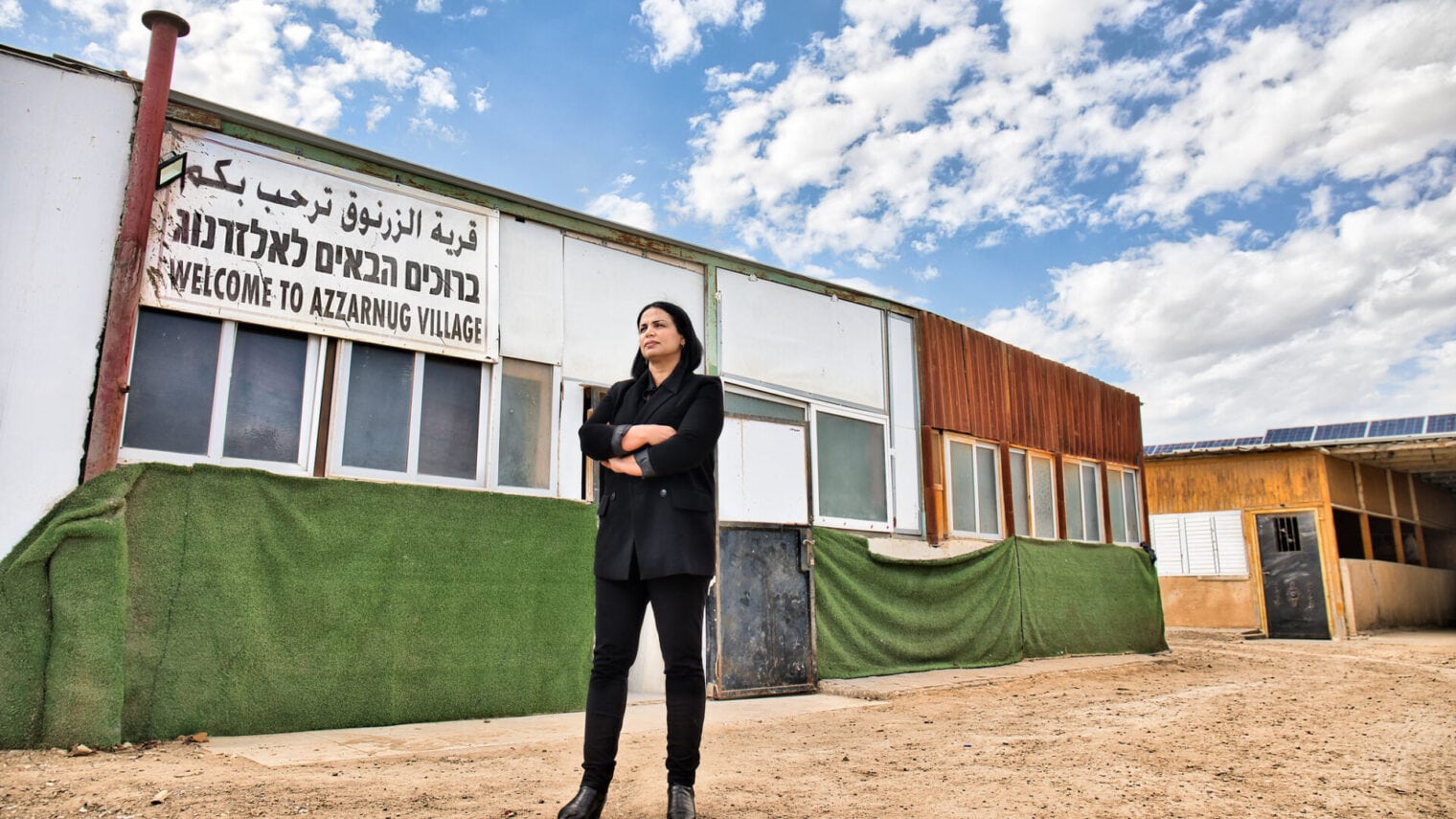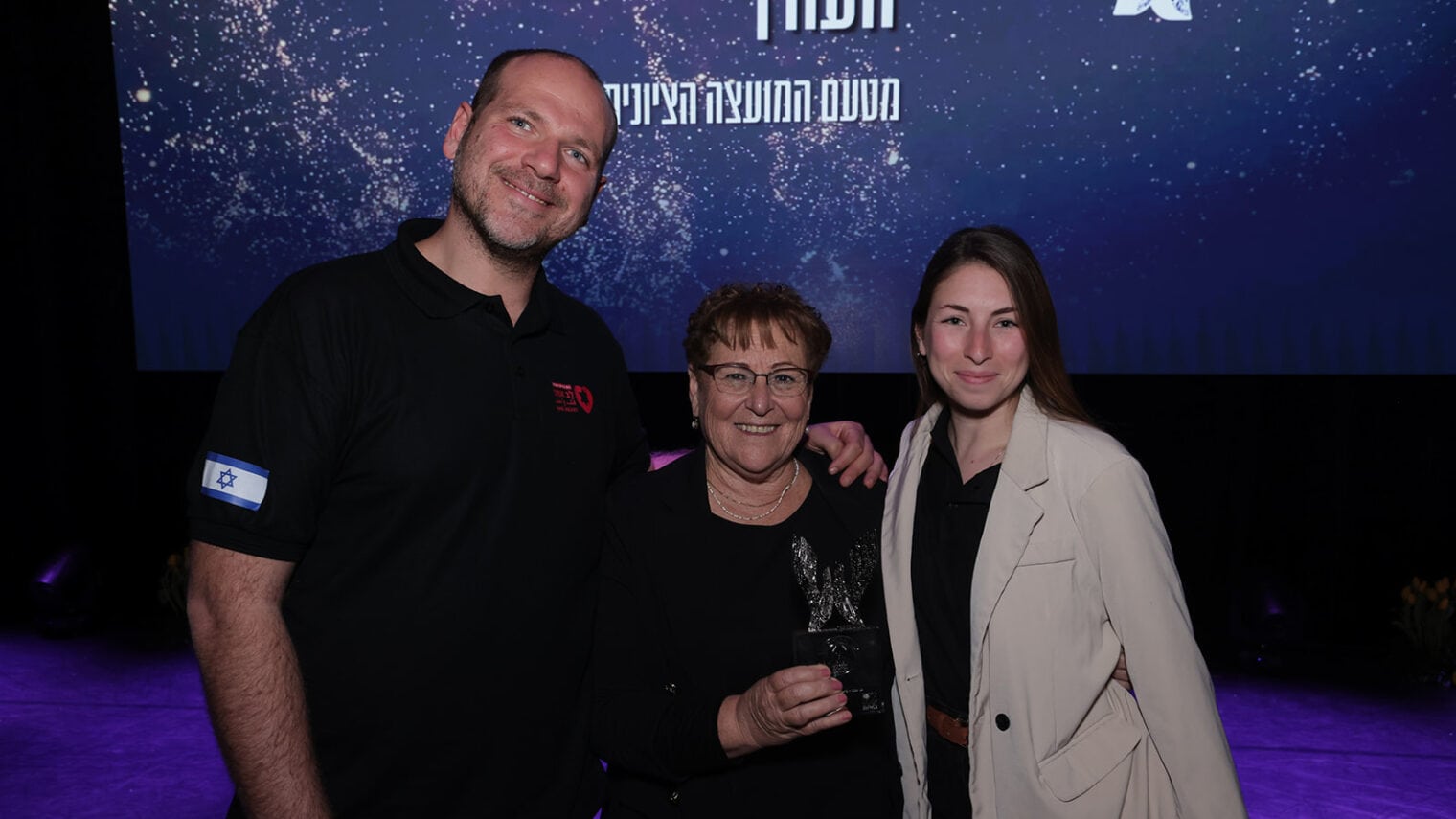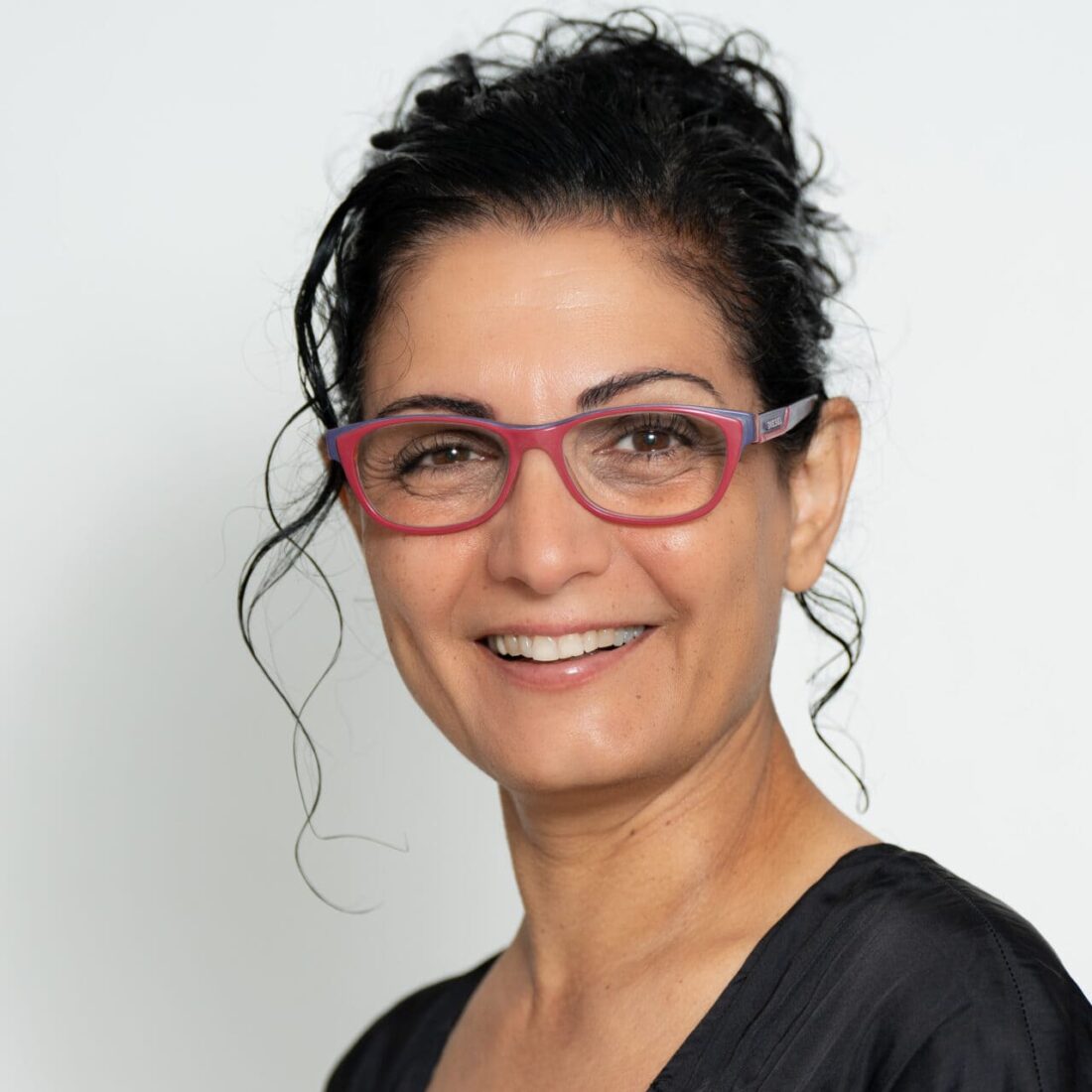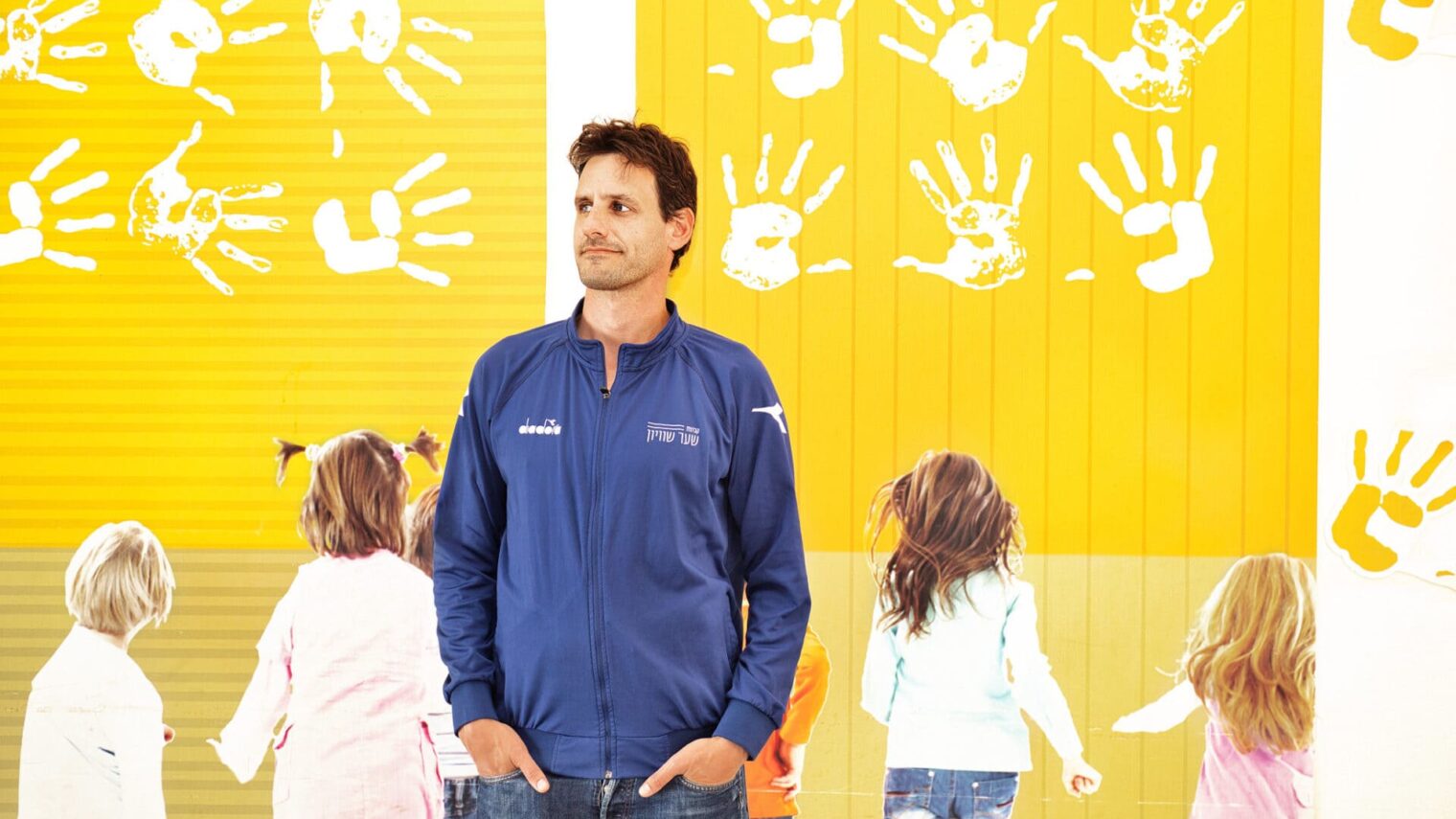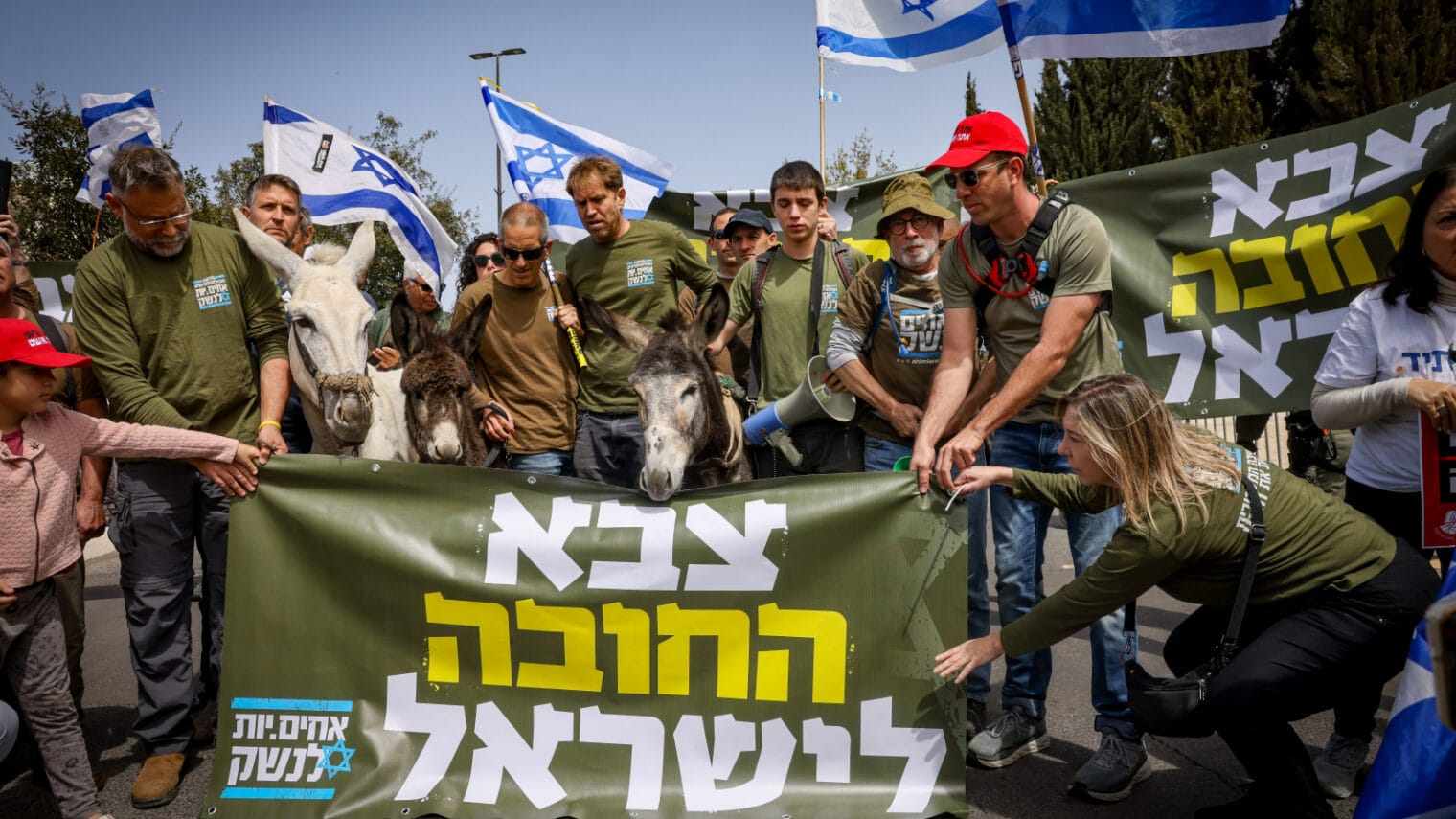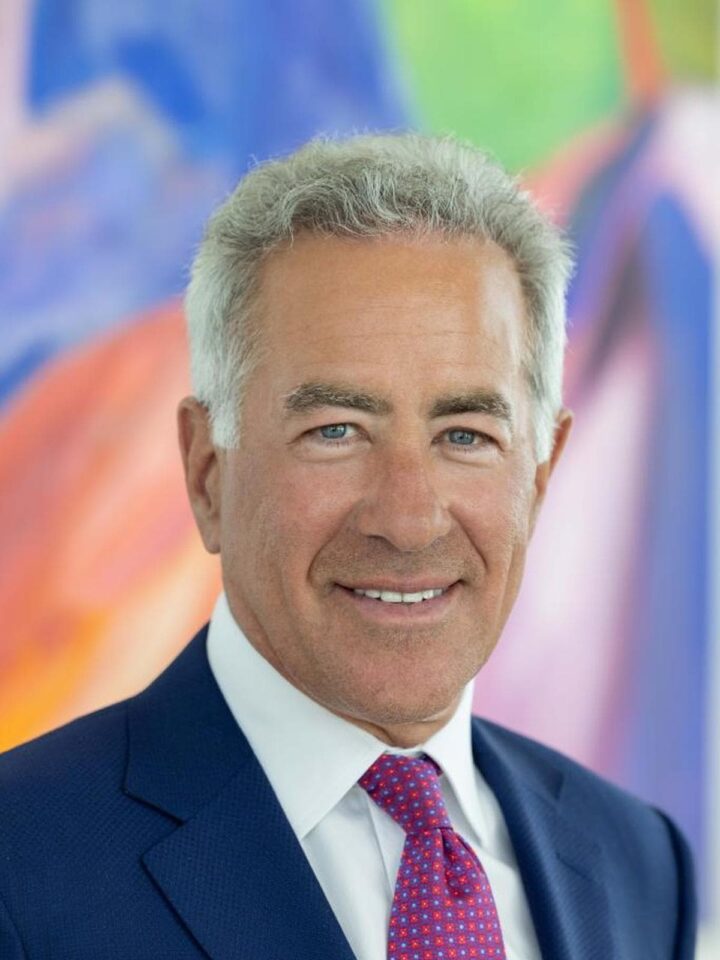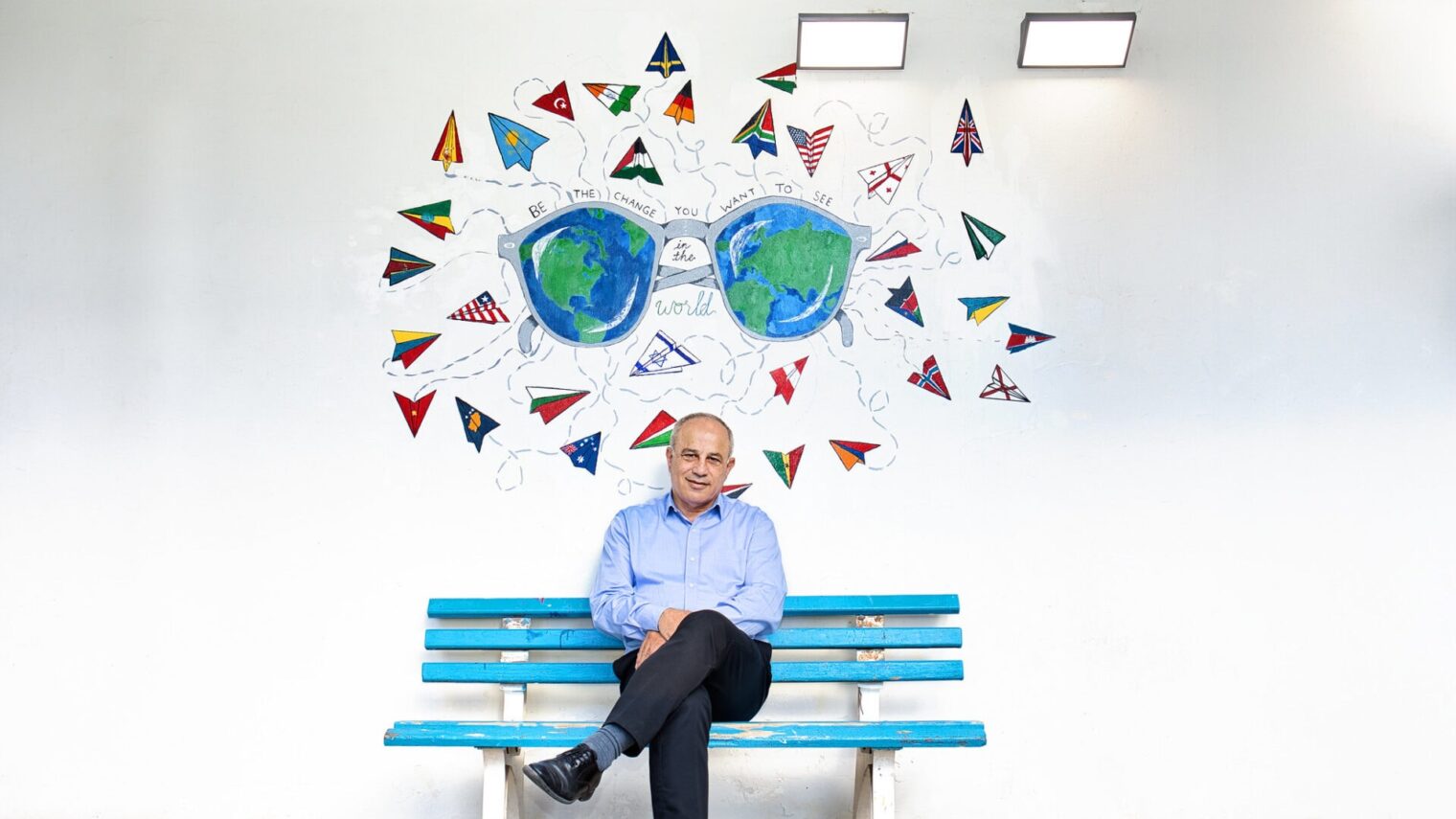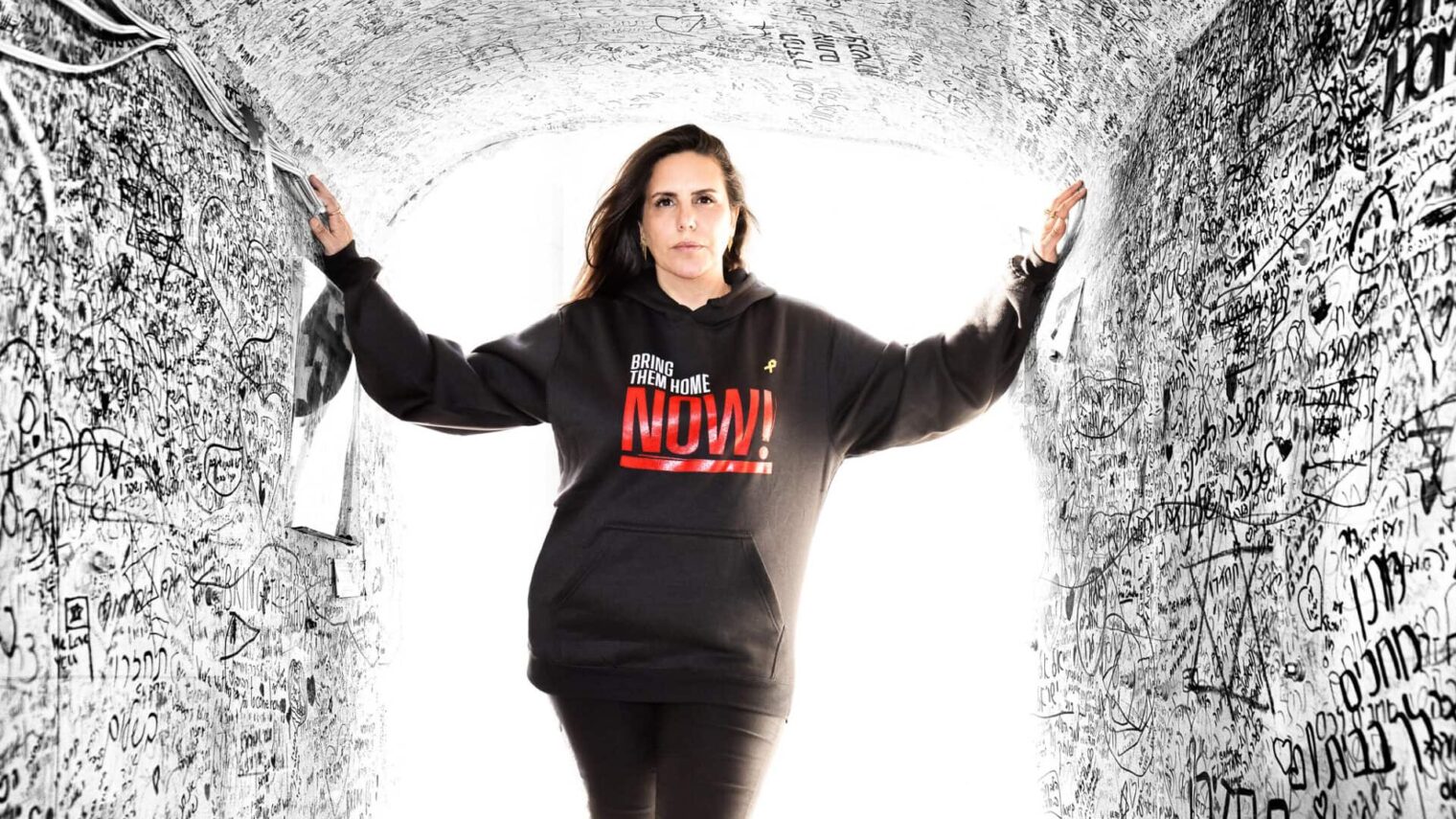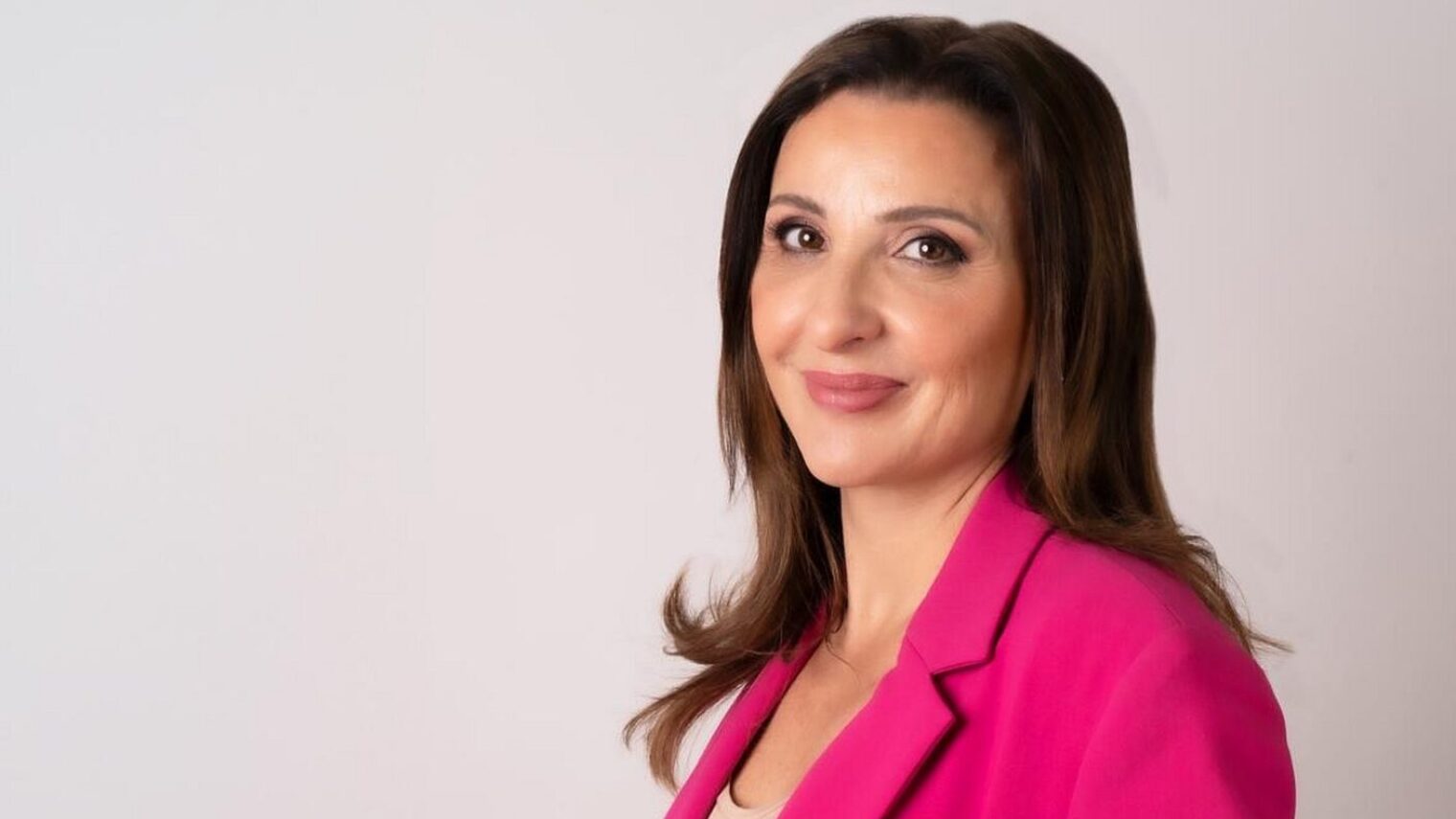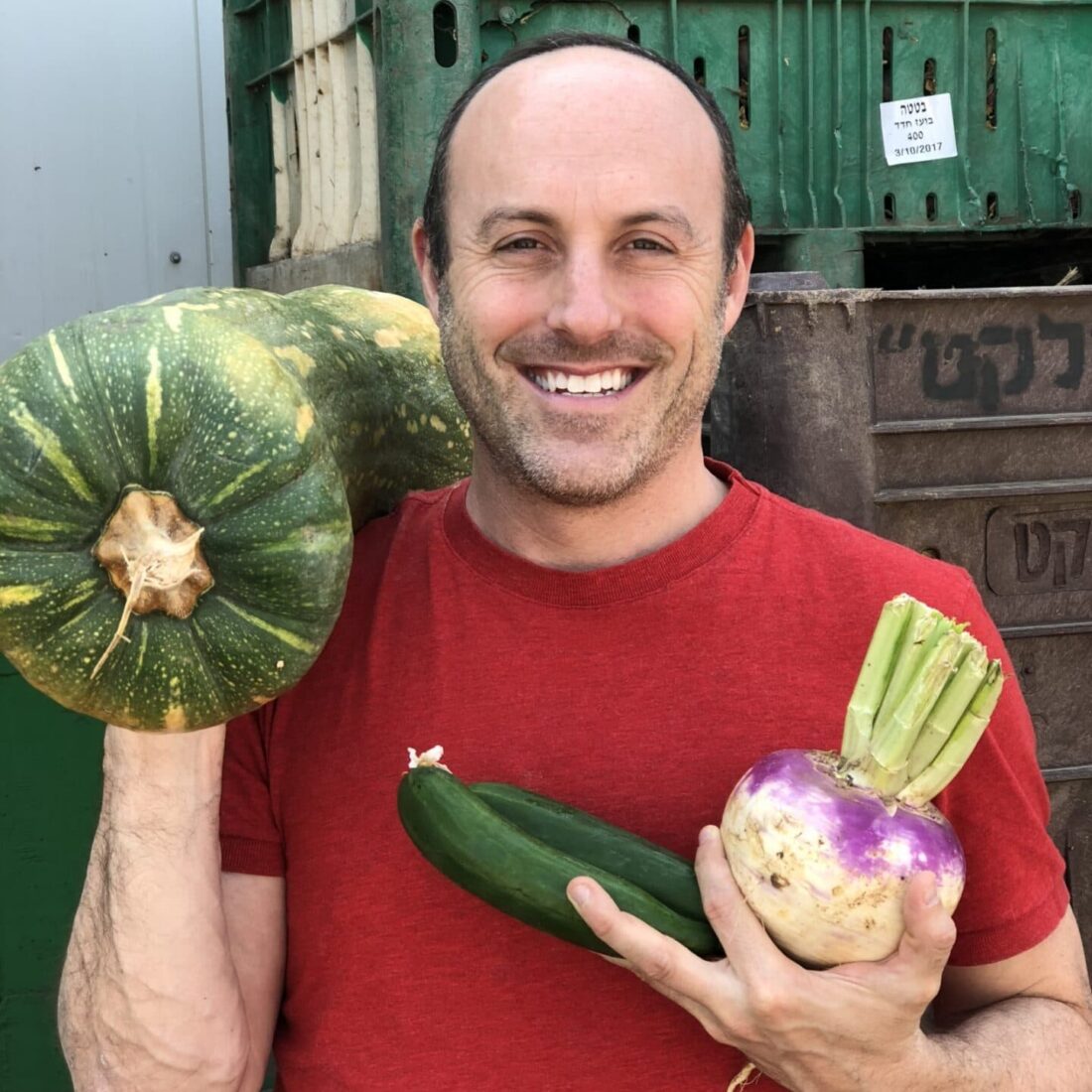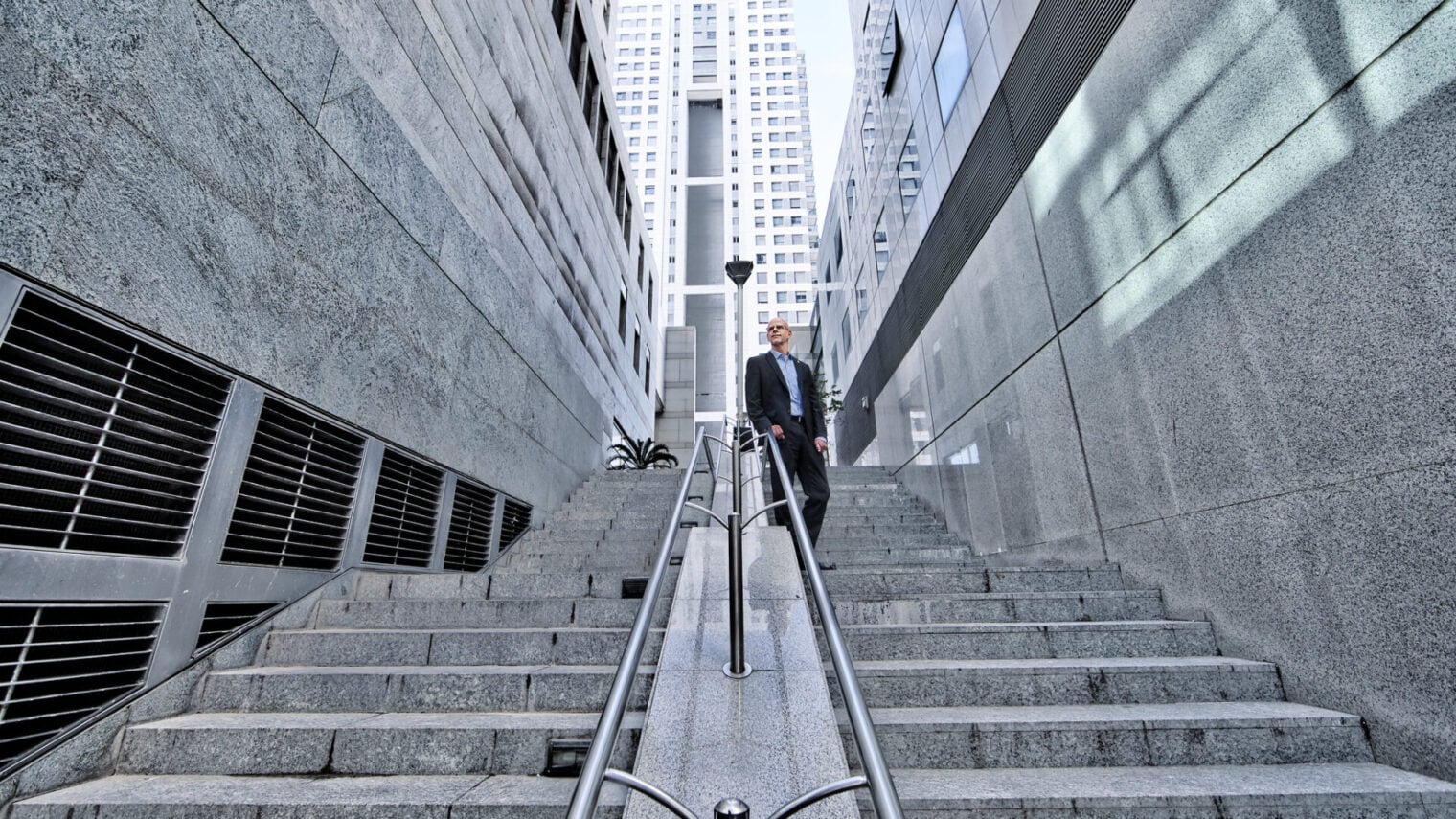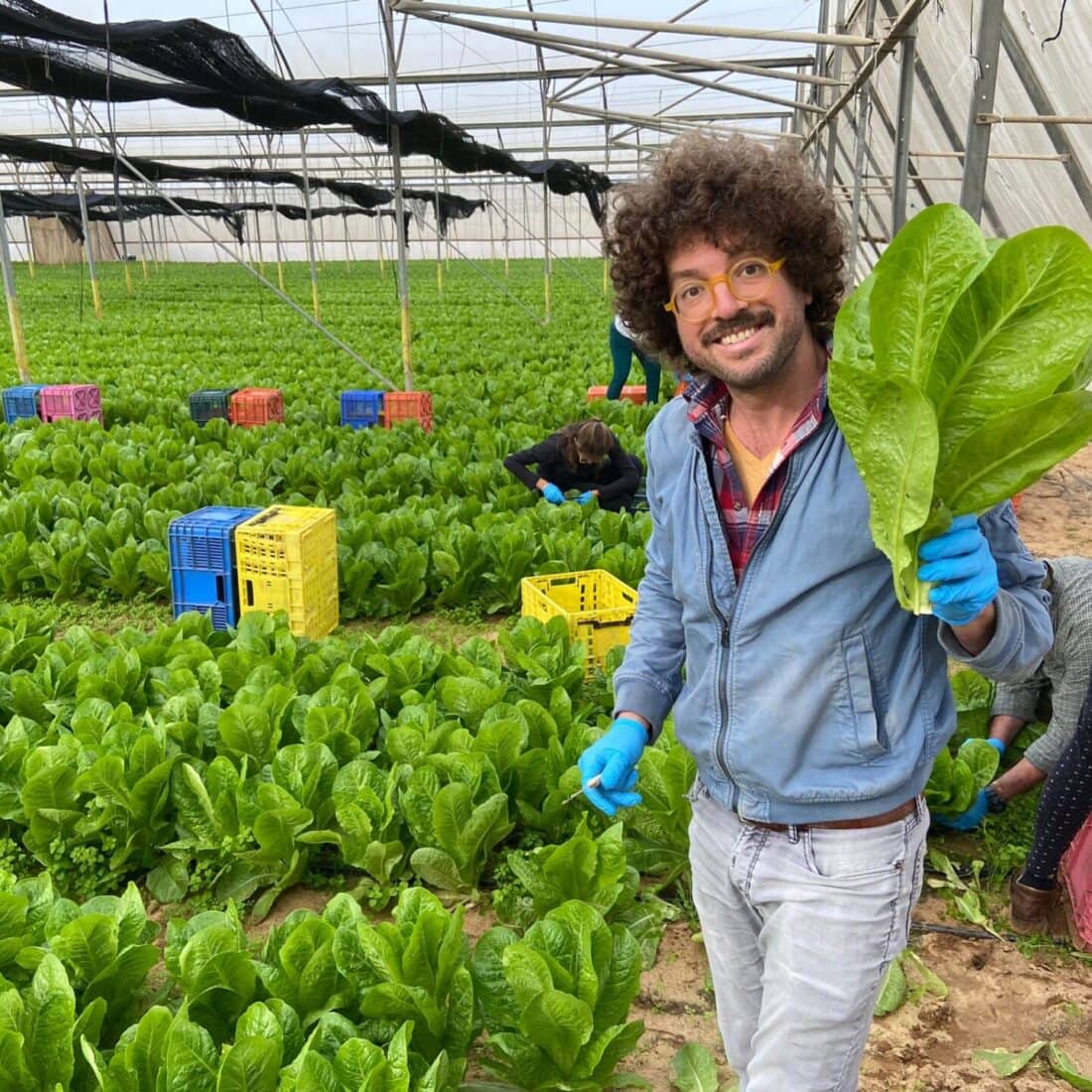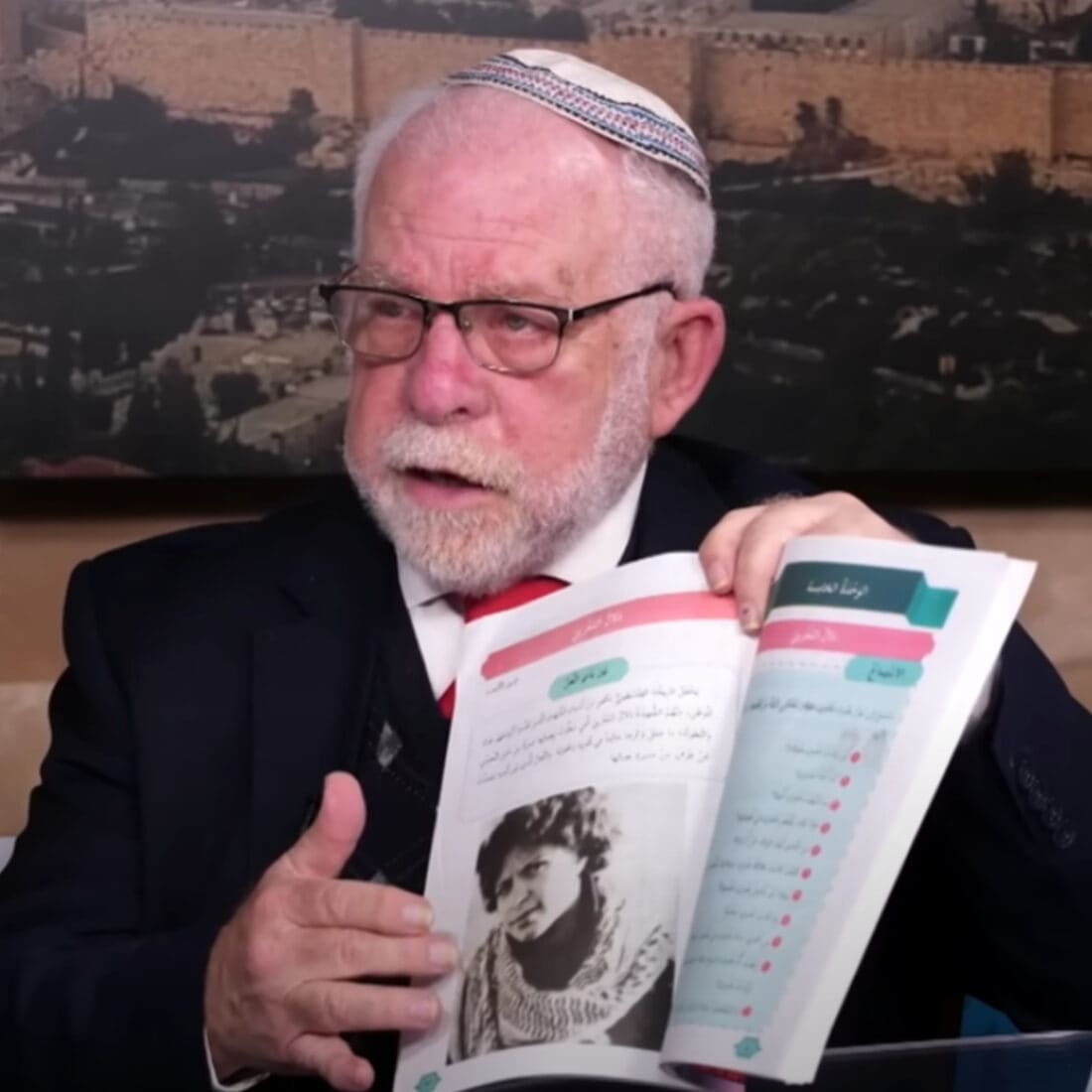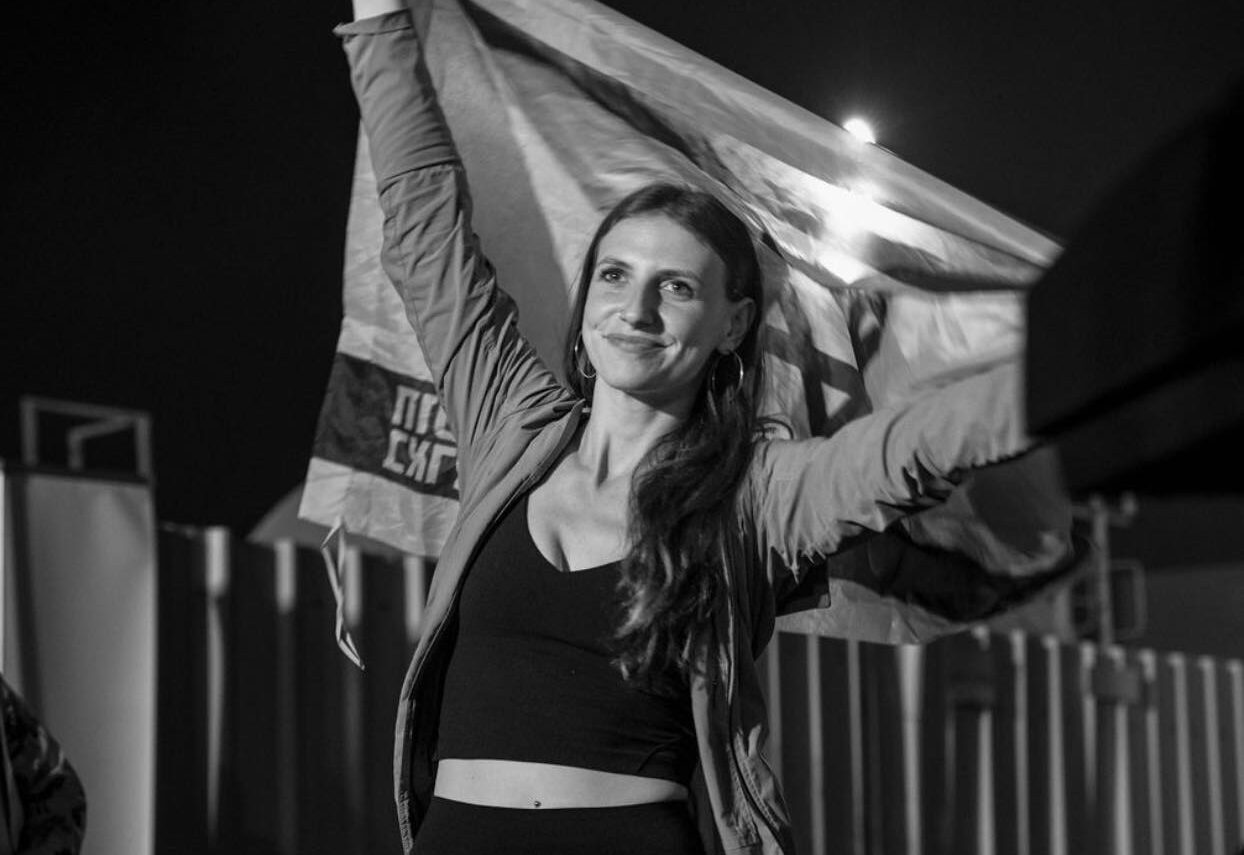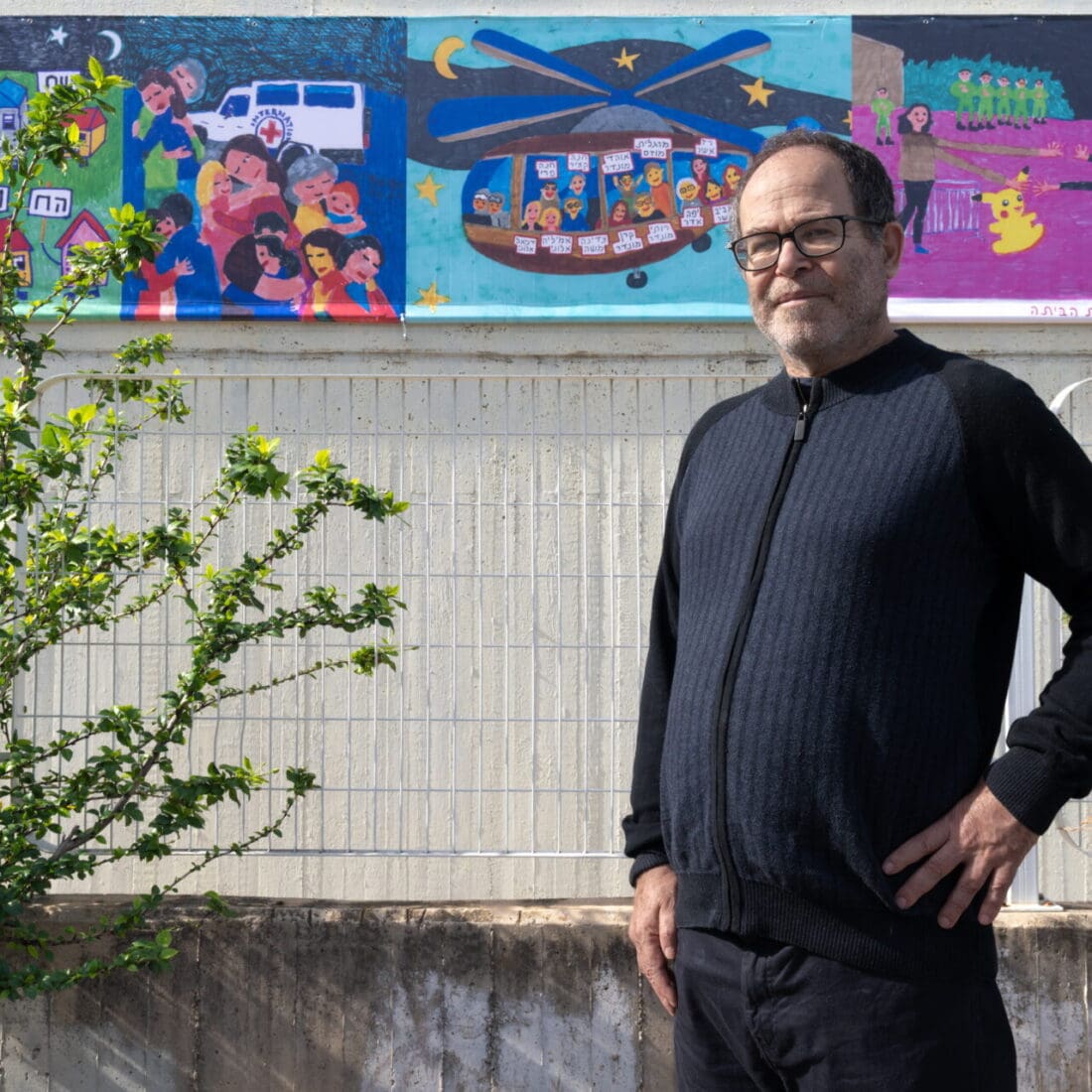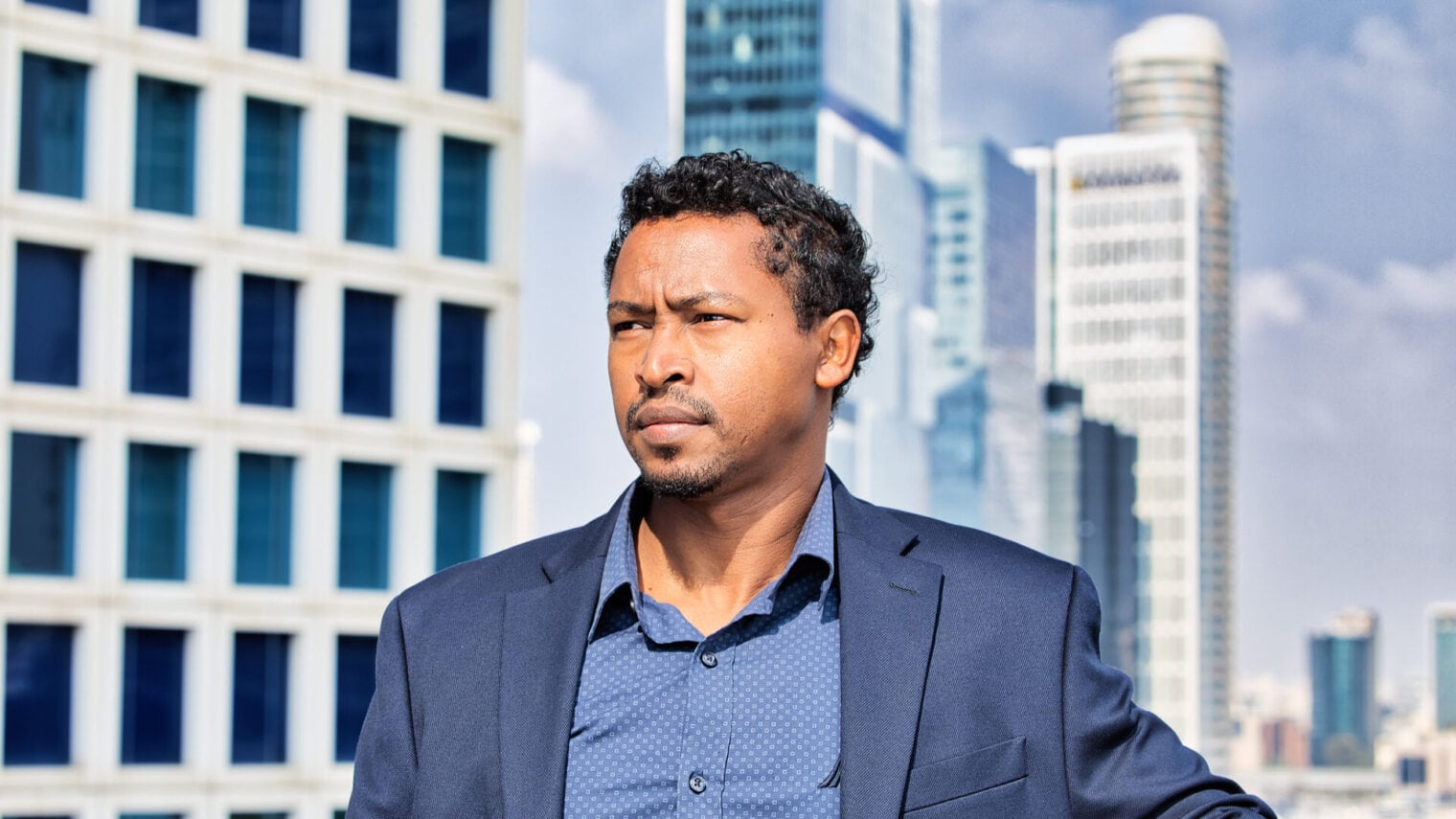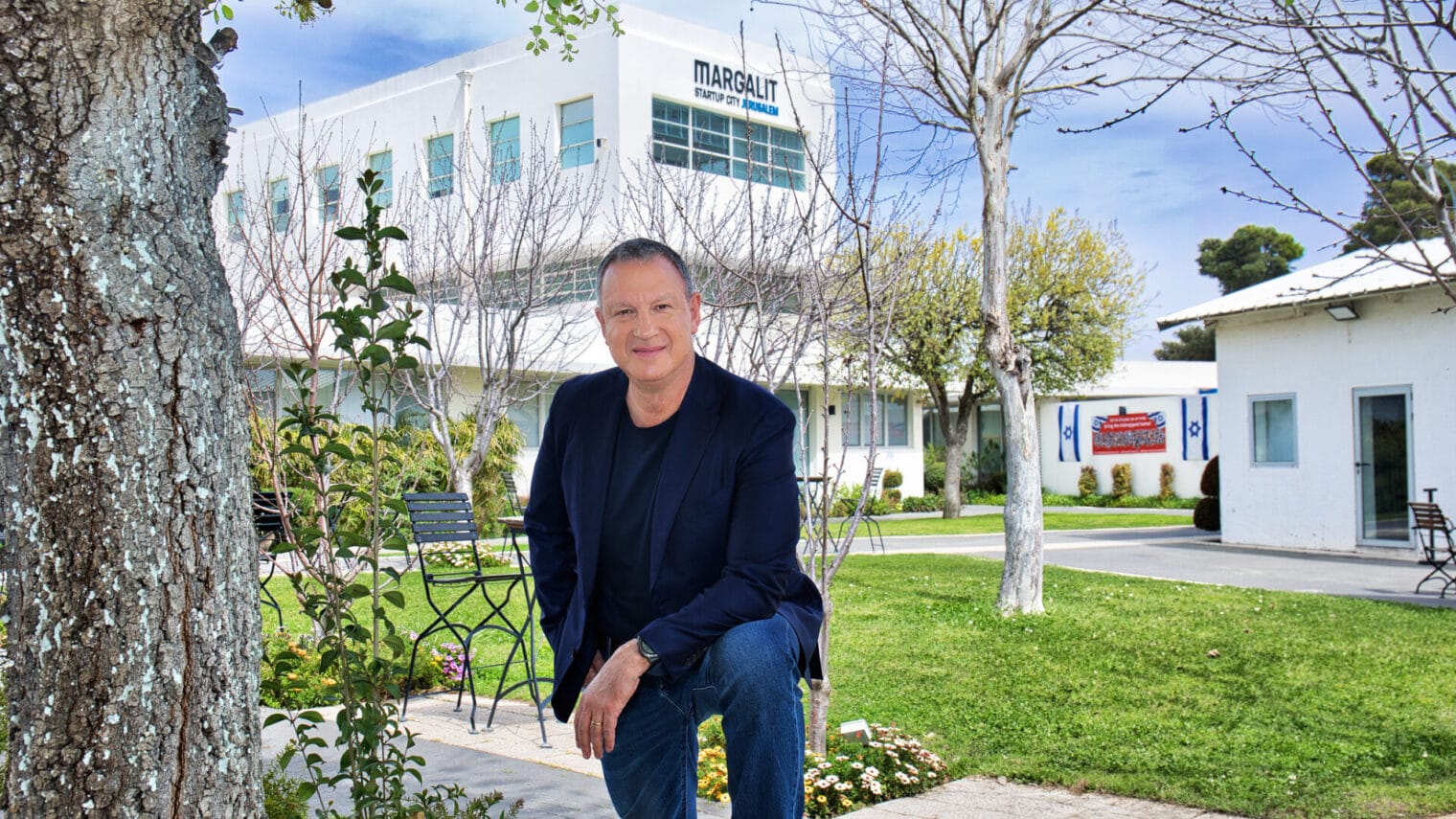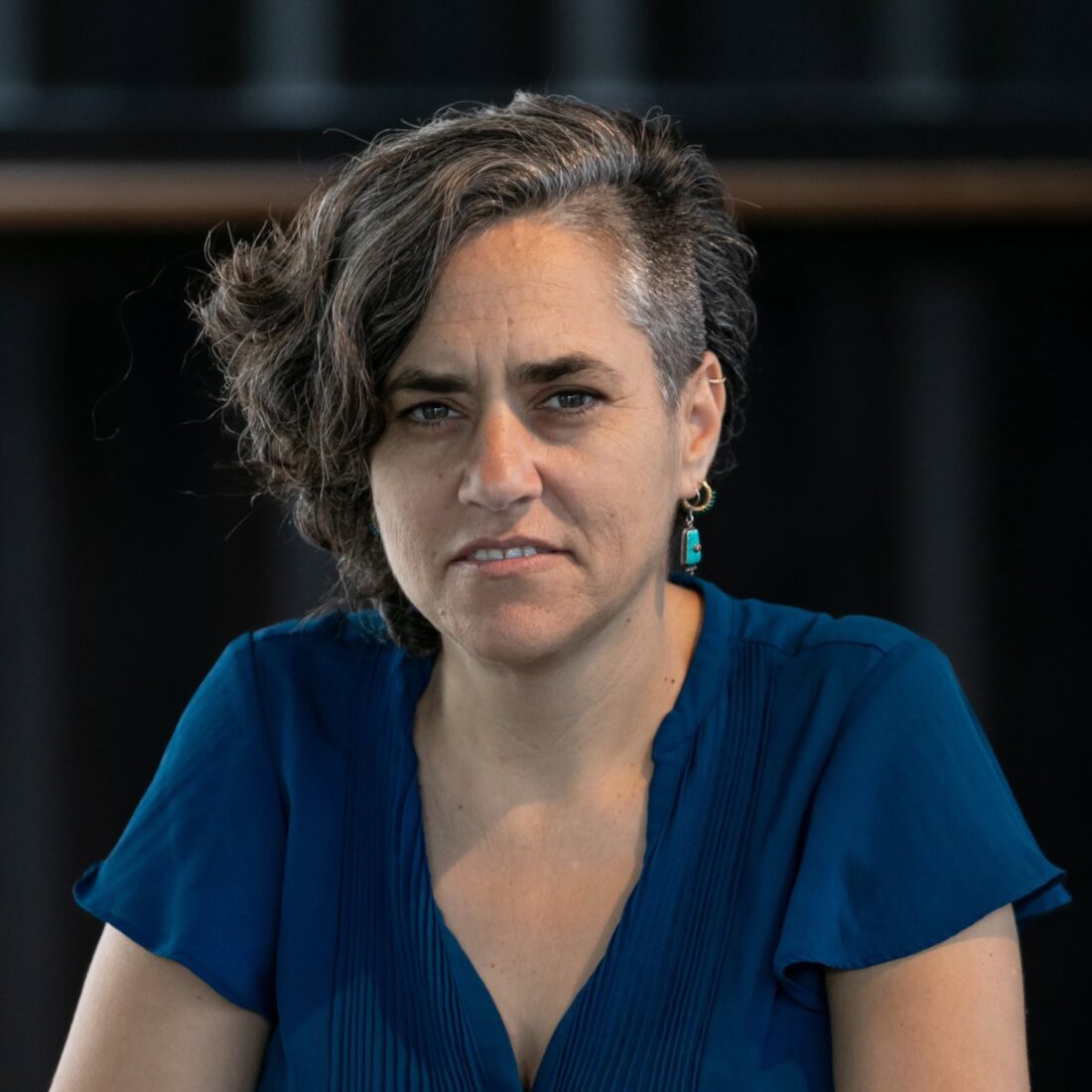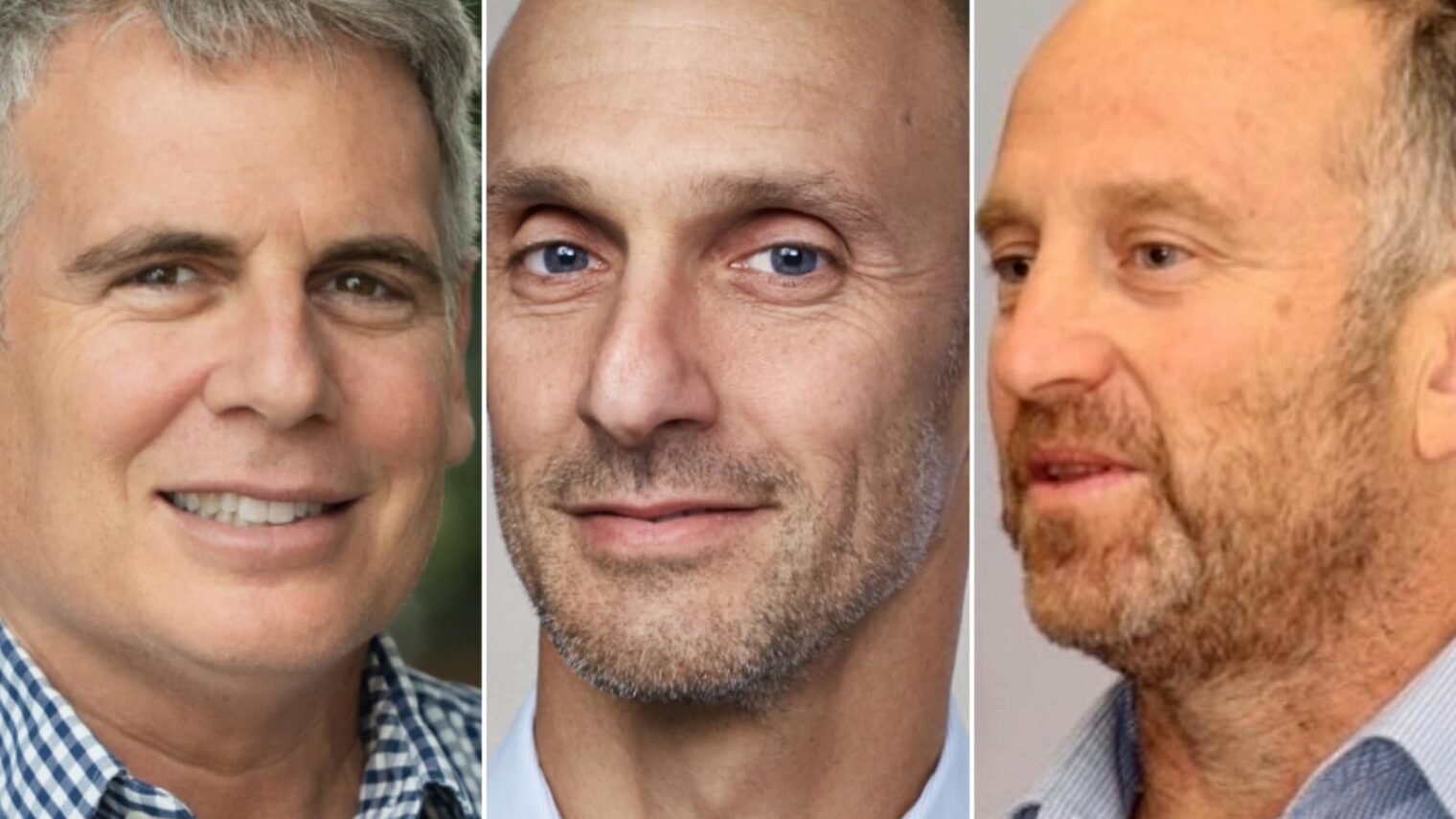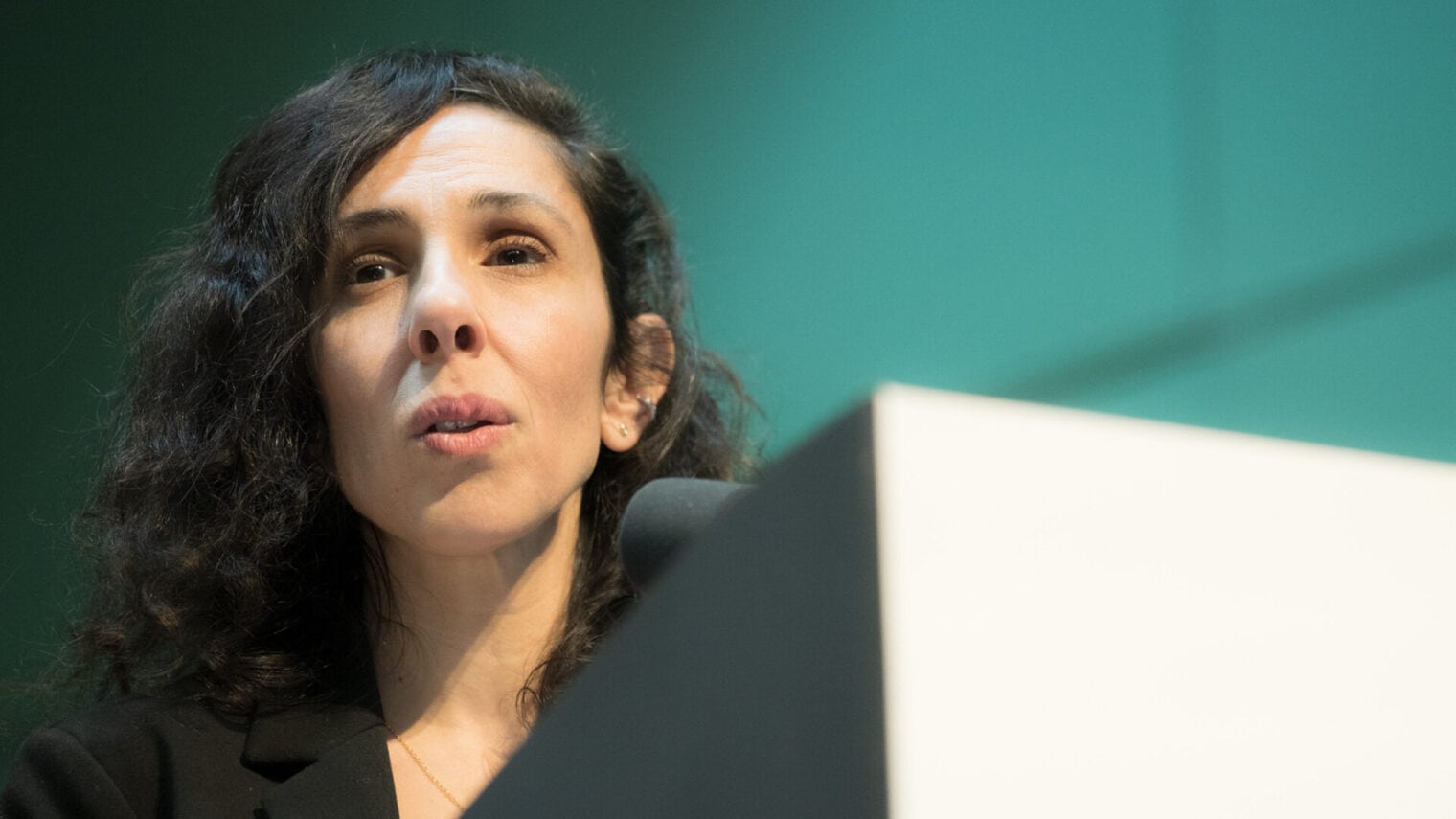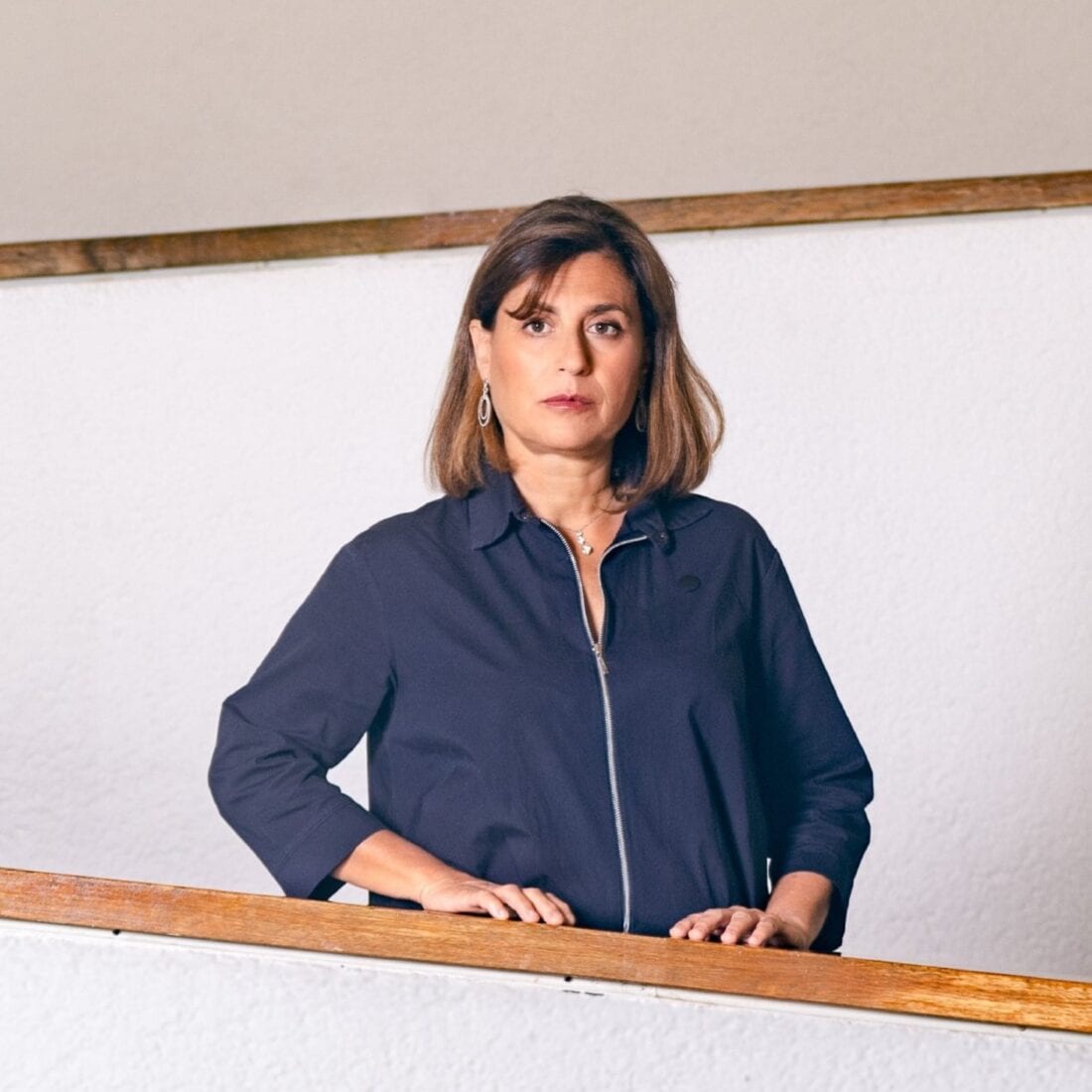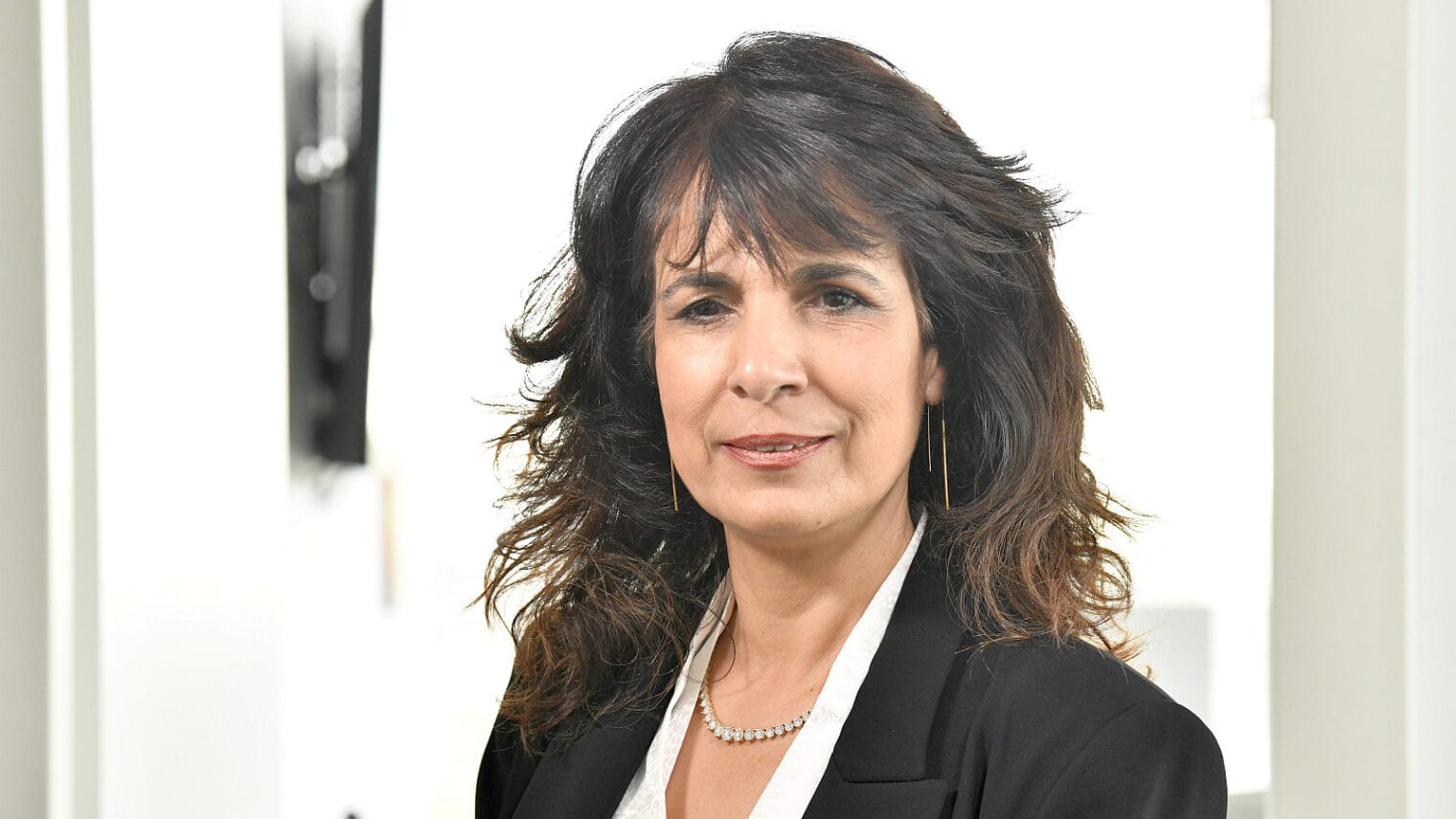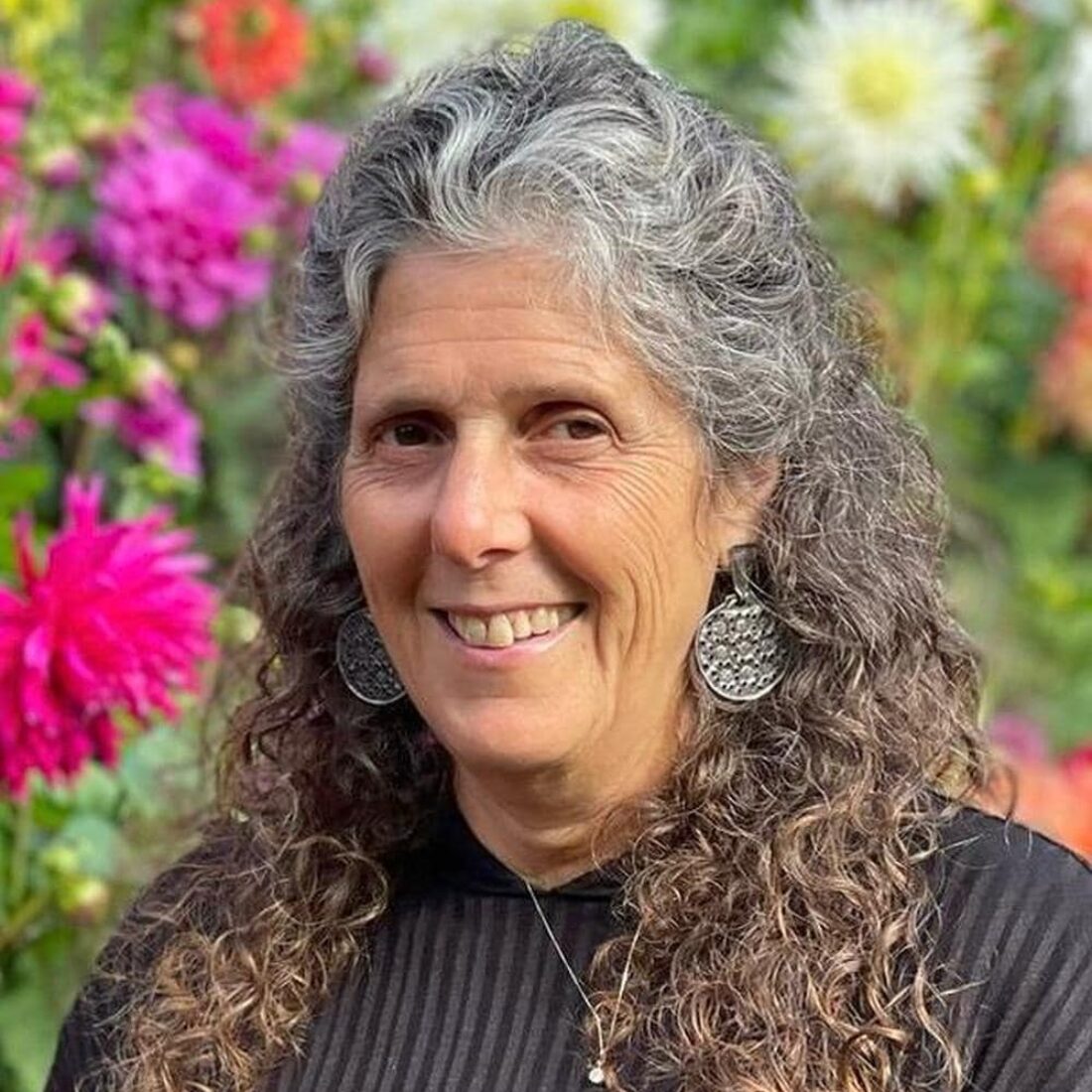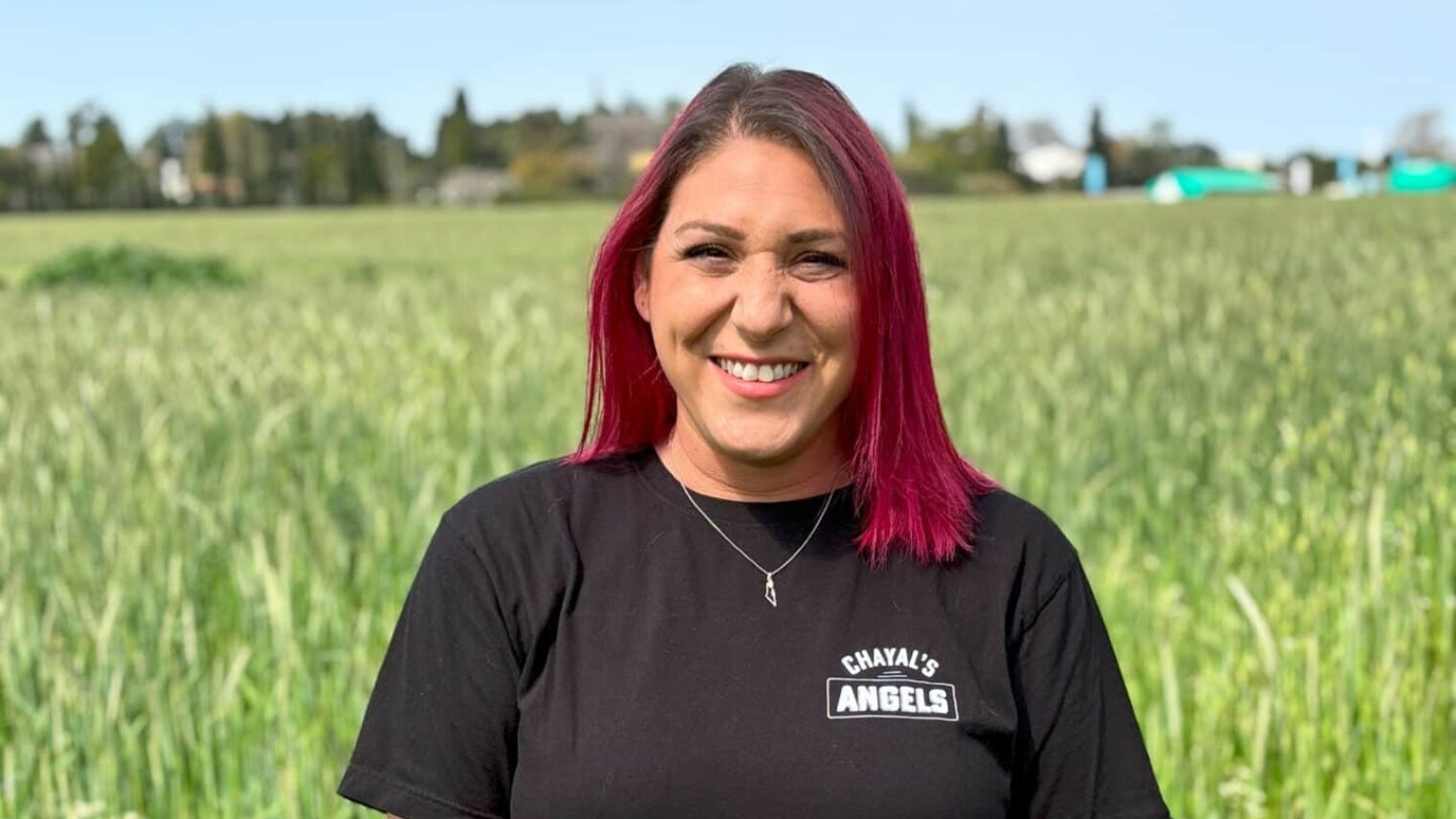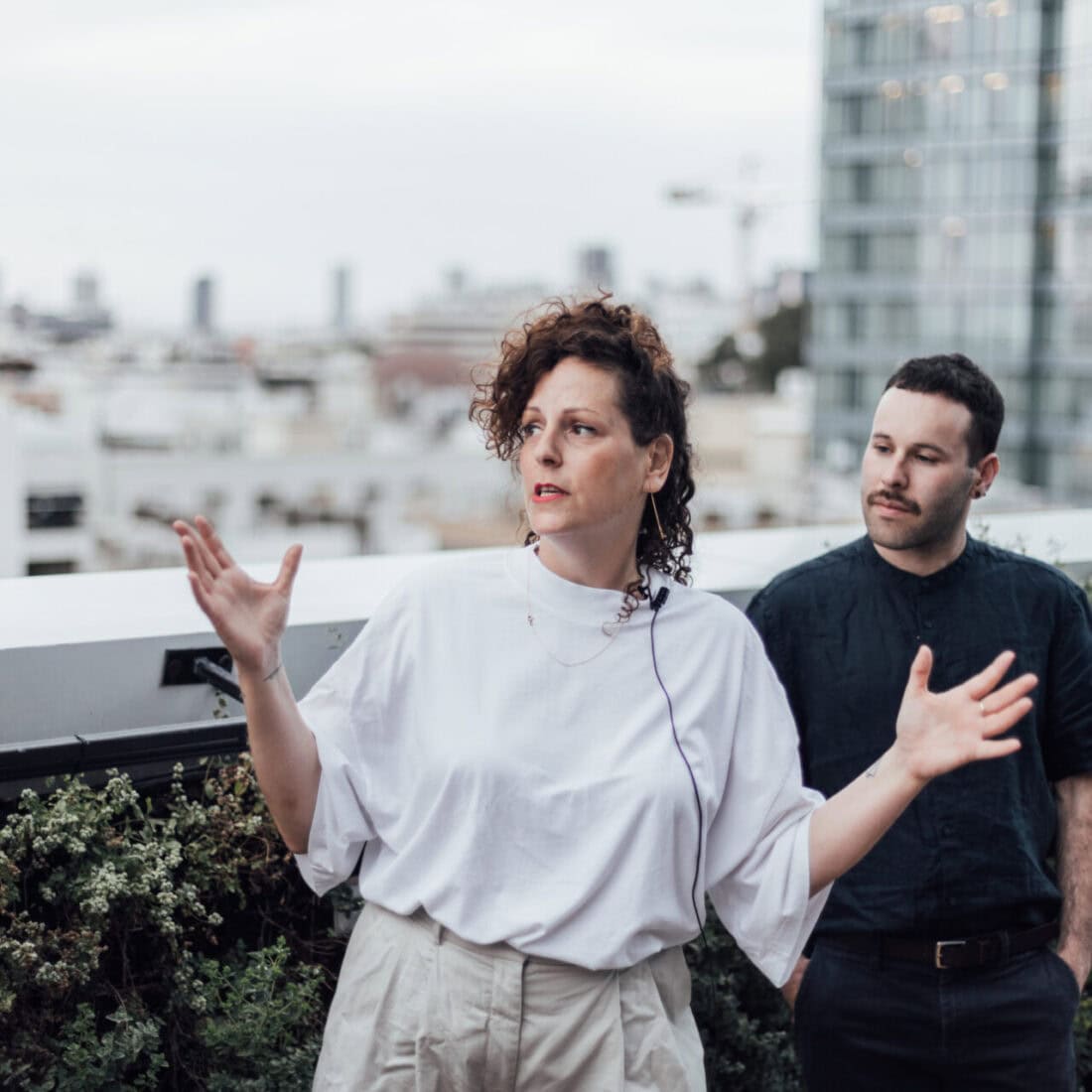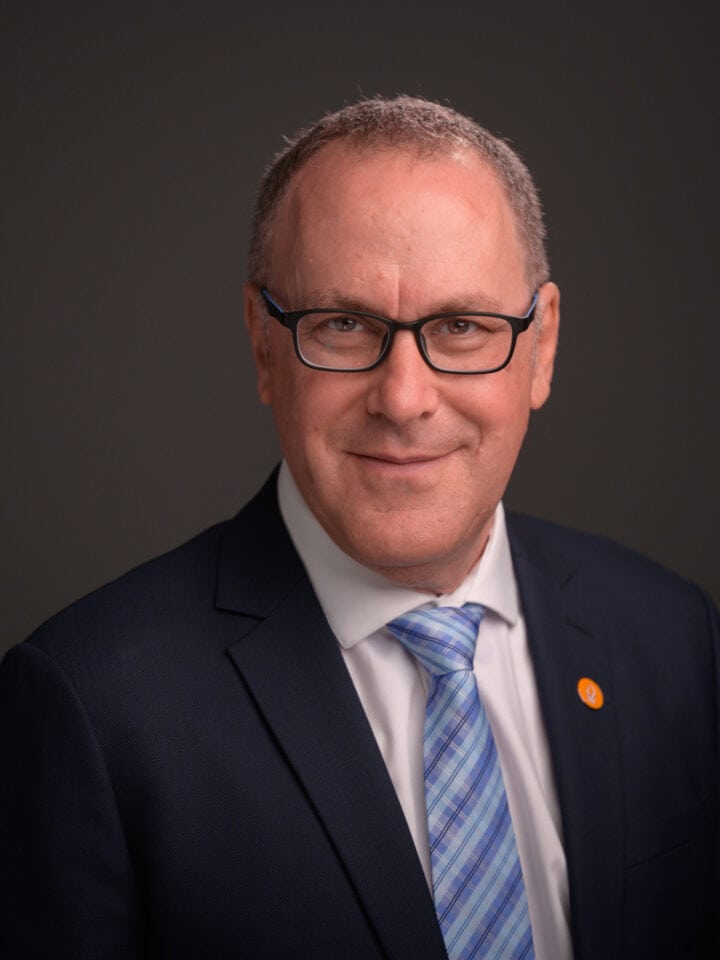My journey intertwines a rich cultural heritage with a deep-seated passion for food and ecological consciousness. Born in Tel Aviv to Ukrainian and Latvian Jewish parents, I grew up surrounded by a diverse cultural tapestry.
My professional role as director of programs and innovation at Asif: Culinary Institute of Israel allows me to serve as a bridge connecting traditional culinary practices with contemporary innovations, and advocating for a food system that is sustainable, respects our heritage, and meets current challenges like climate change, food scarcity and desertification.
In the wake of the October 7th terror attack, the Asif team and I were propelled into a new reality. October 8, we gathered early in the morning, united by a determination to make a difference through our culinary skills.
Each of us was driven by the realization that it was time to act through our cooking, even though the specifics of who we would be serving or how everything would unfold were still unknown at that point.
Our dedication was to provide support and comfort, leveraging the power of food as a means of bringing people together during this time of crisis. Our efforts are grounded in inclusivity and diversity, key to thriving in challenging times.
“Each of us was driven by the realization that it was time to act through our cooking.”
By providing hot meals to those affected, collaborating with the IDF, and reconnecting displaced people through cooking workshops, we’re not just addressing immediate needs but also fostering a sense of belonging and community spirit.
Asif has become a beacon of hope and healing, redirecting our energies to support those most in need. Our Cooking Workshops for War Evacuees offer a therapeutic escape, while “Follow the Food” recognizes and supports the unseen sacrifices of service members’ partners.
These initiatives not only provide culinary relief and moments of joy and normalcy, crucial in times of upheaval, but also offer employment opportunities for culinary guides and support small independent businesses that were impacted by the war.
My vision for Israel and the region’s future is deeply informed by the understanding that, in the shadow of conflict, it’s vital to recognize that climate challenges pose a long-term threat that transcends immediate crises, including wars.
By integrating food tech and ag-tech innovations with food culture and traditional farming methods, we can not only address the pressing concerns of food security and sustainability but also foster connections across divided communities, mitigating climate change impacts while promoting peace through shared goals and mutual dependencies.
This synergy between technology, culture and environmental stewardship offers a blueprint for a future where cooperation in facing global challenges paves the way for lasting peace and resilience, underscoring the importance of looking beyond the immediacy of conflict to address the broader existential threats posed by climate change.





